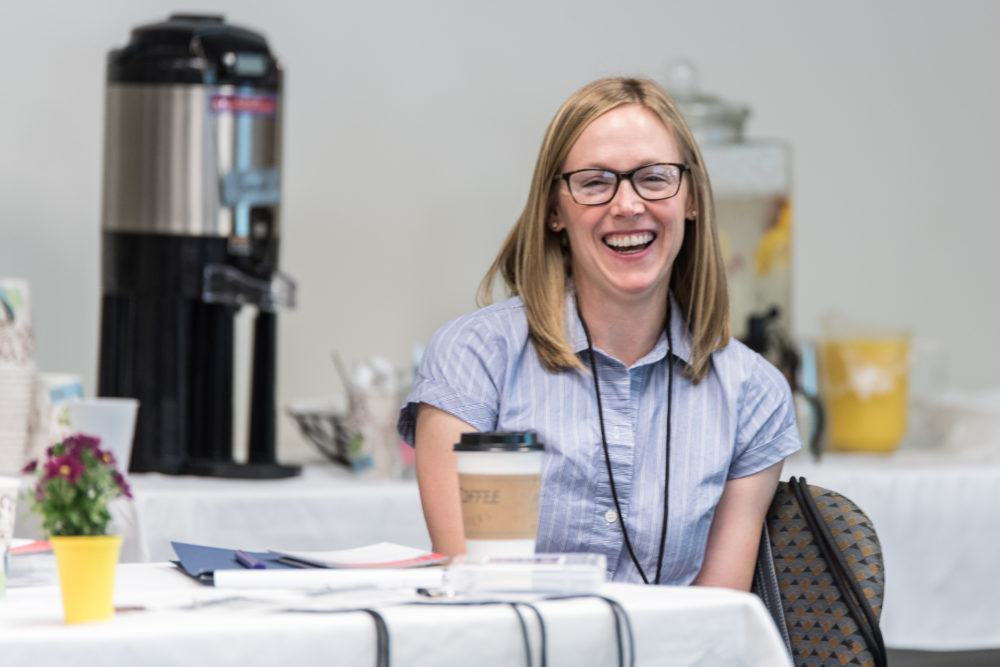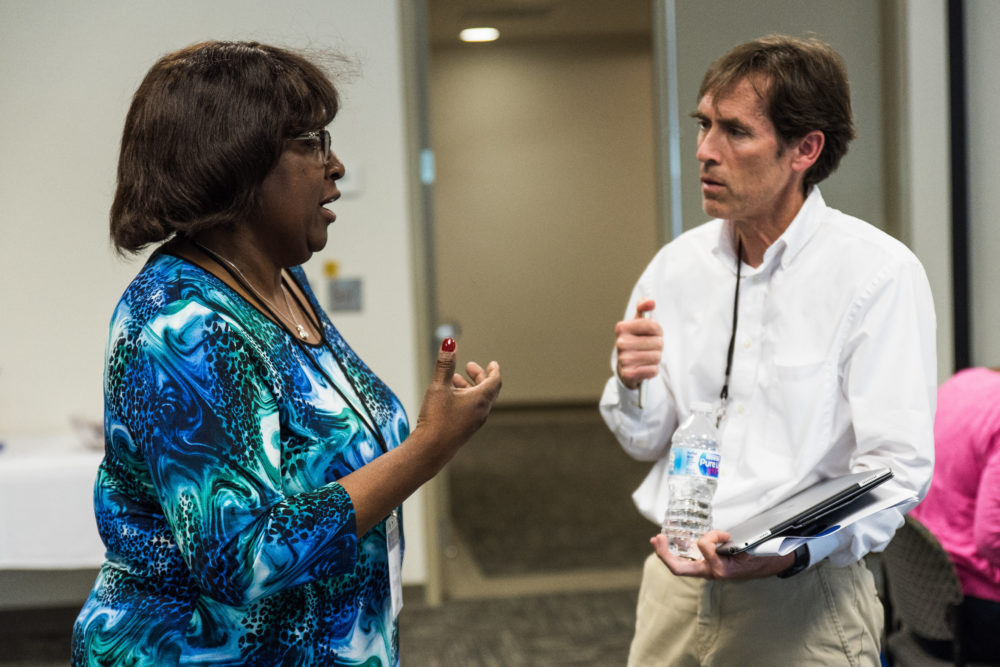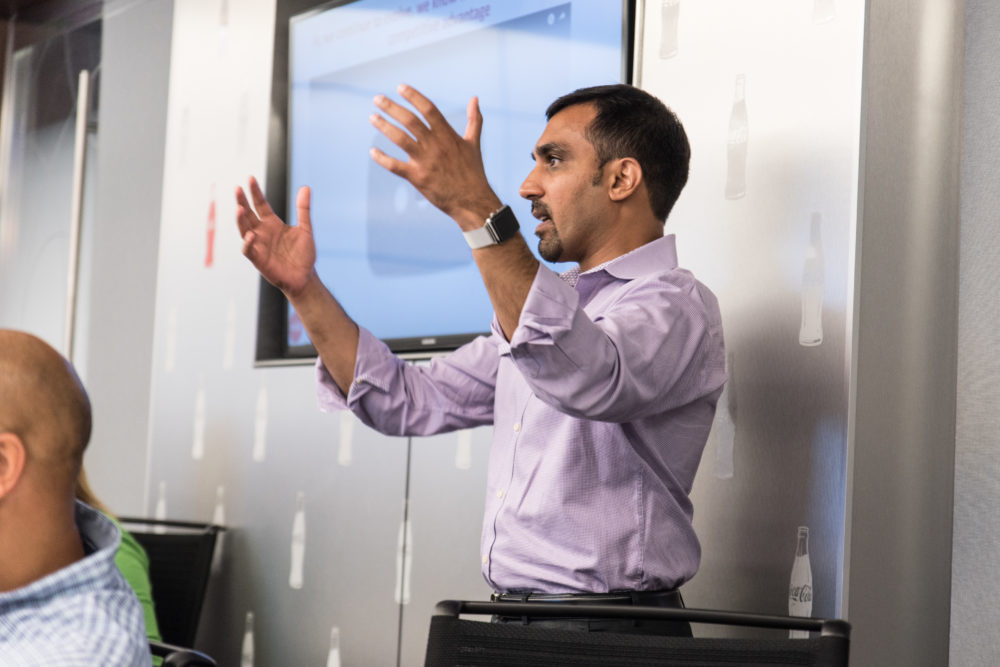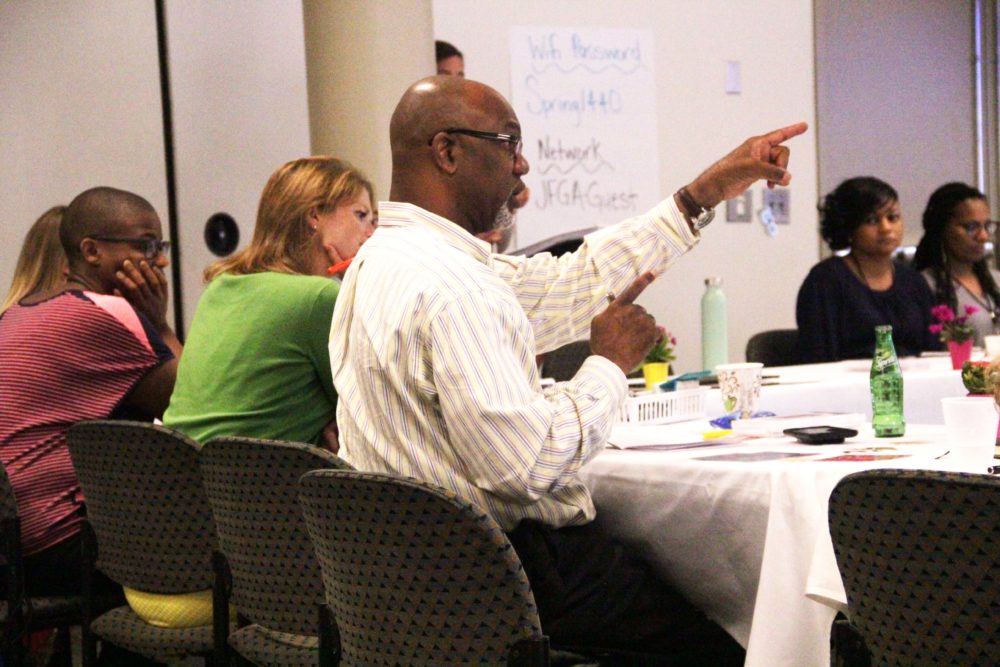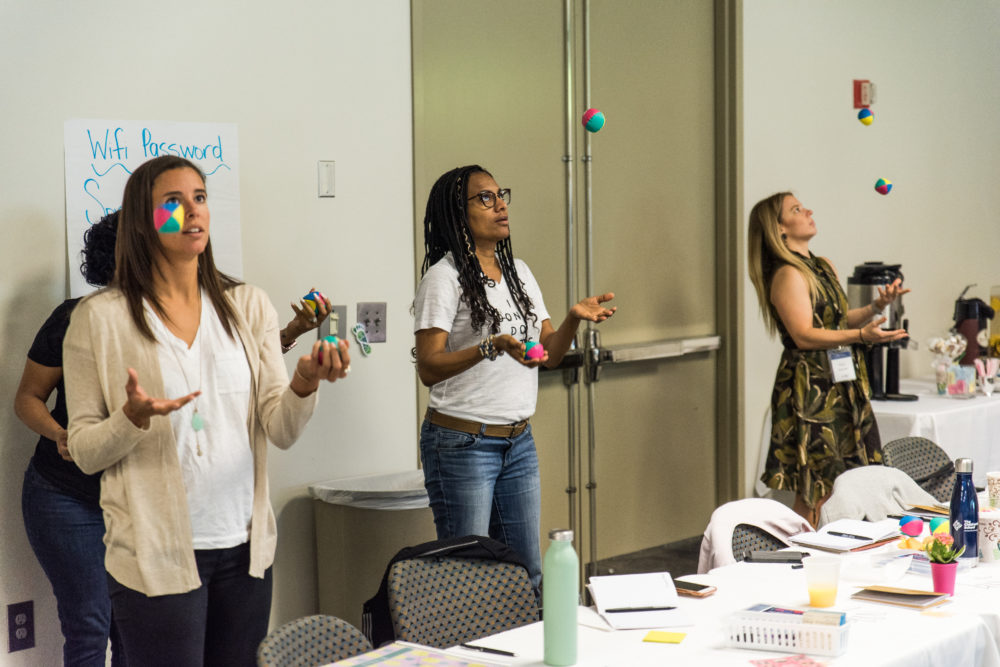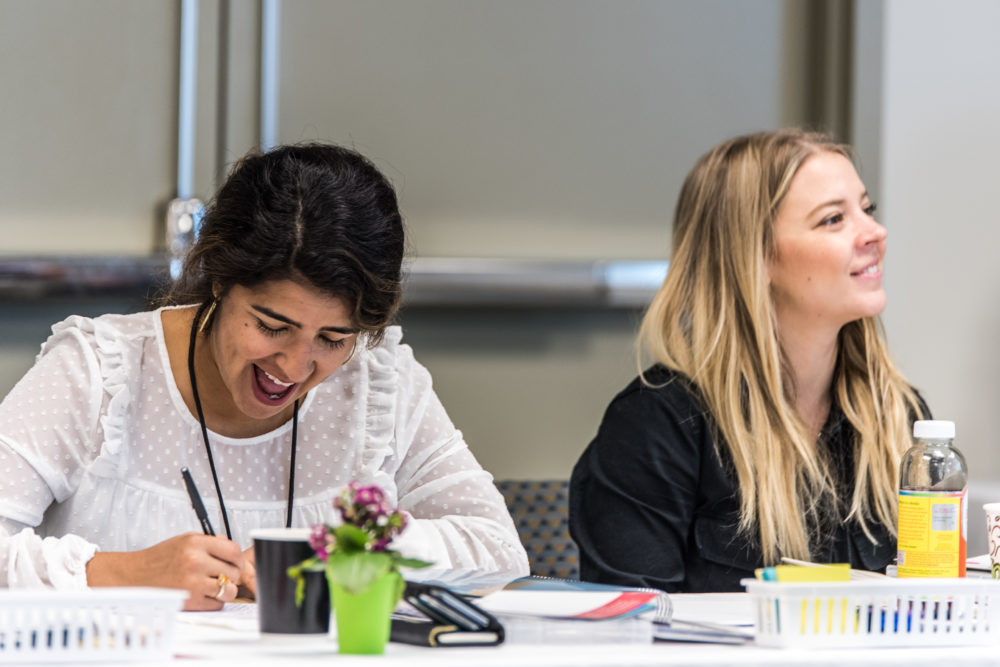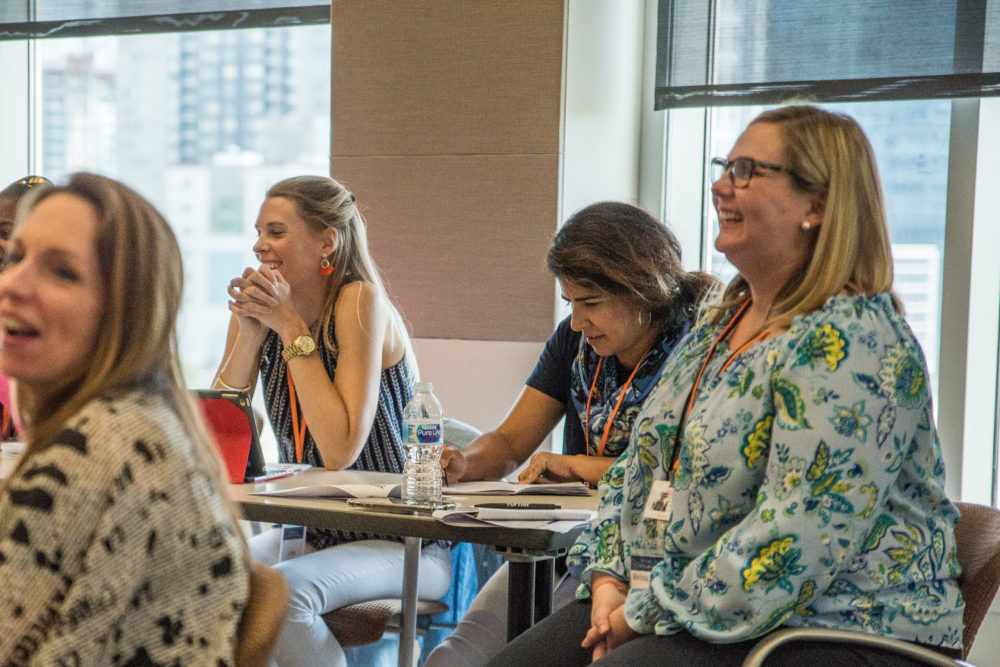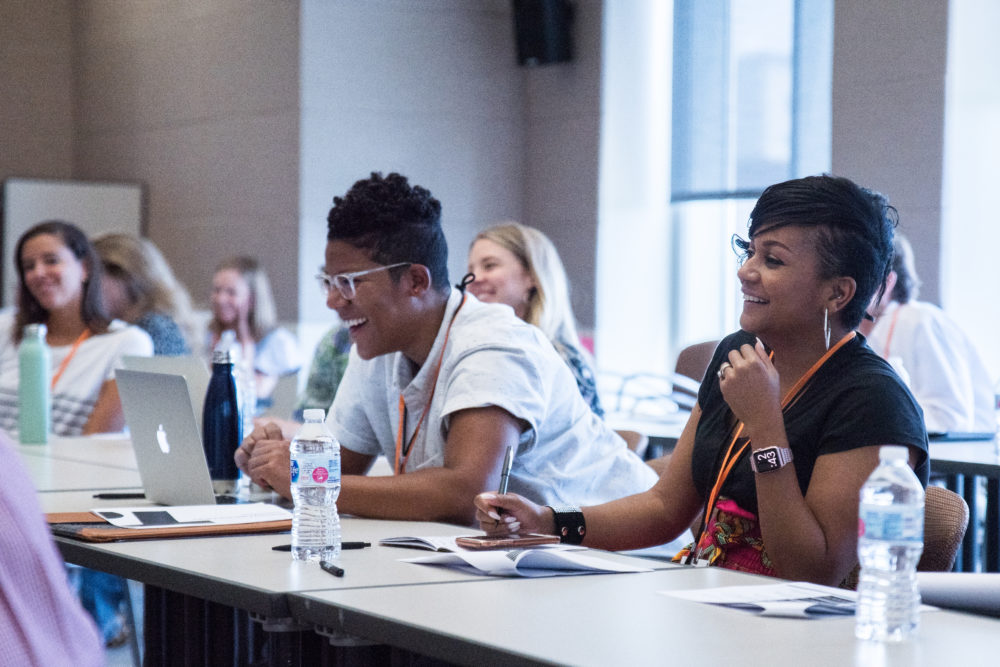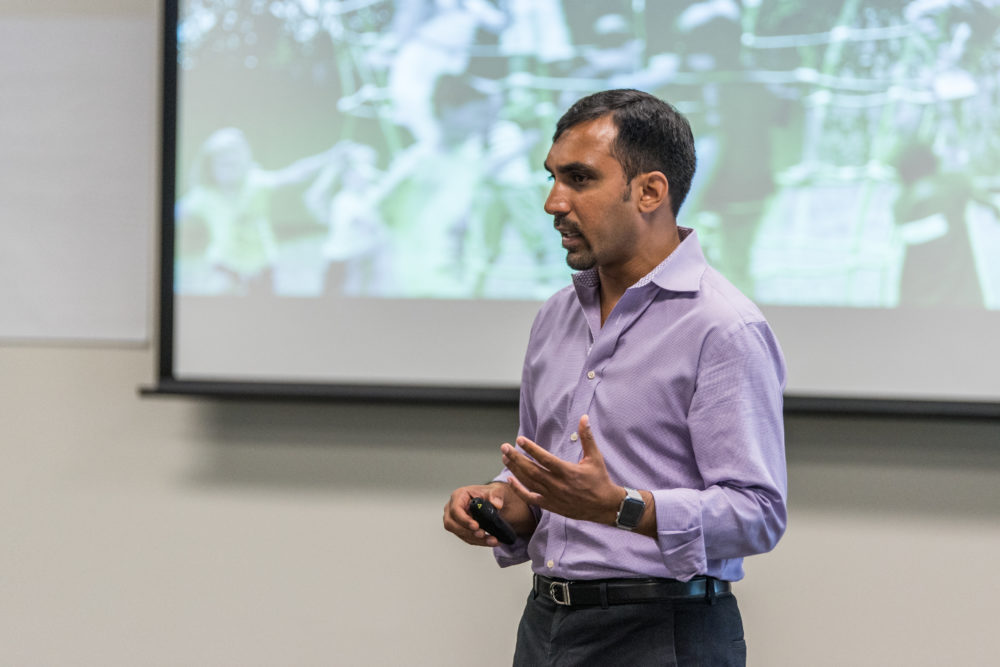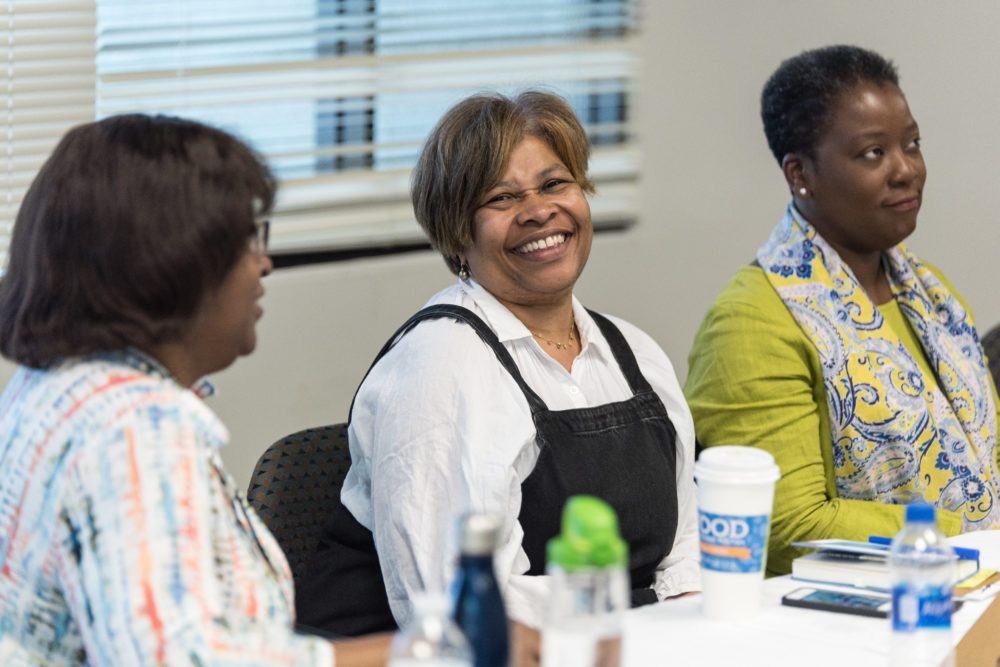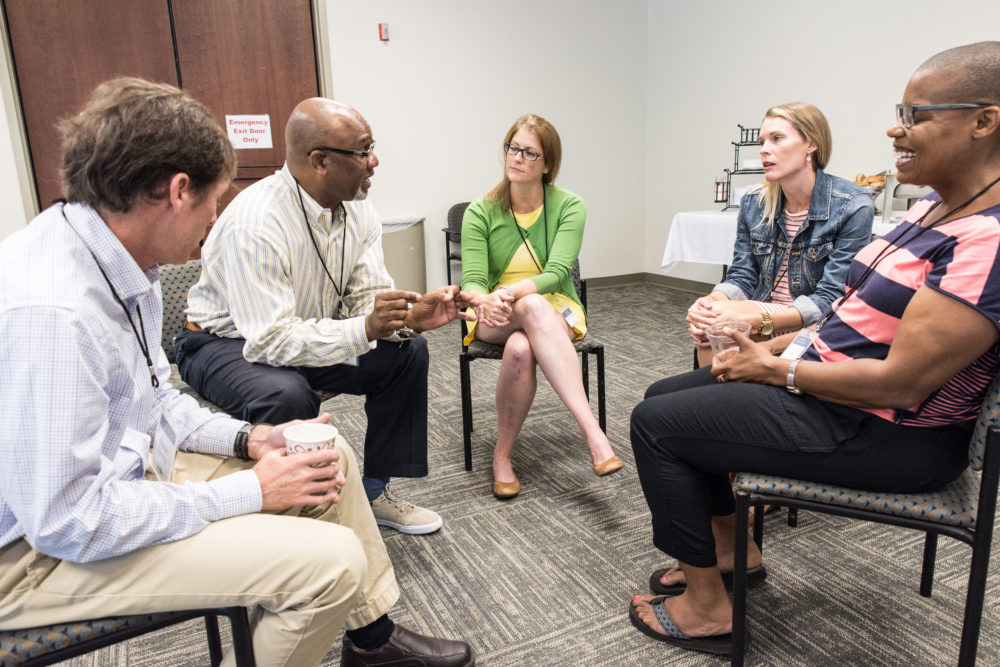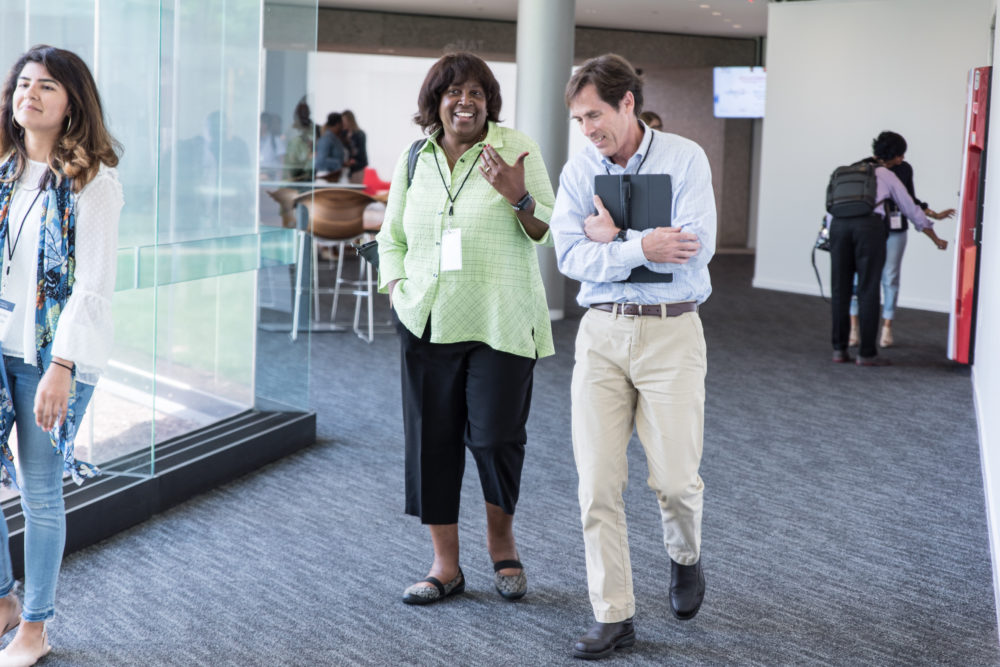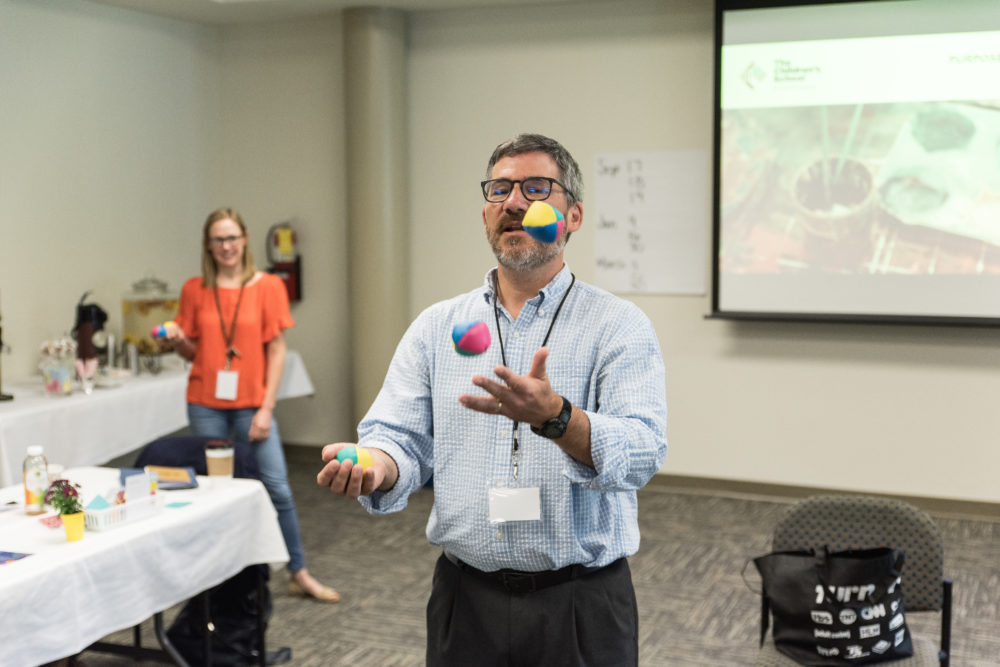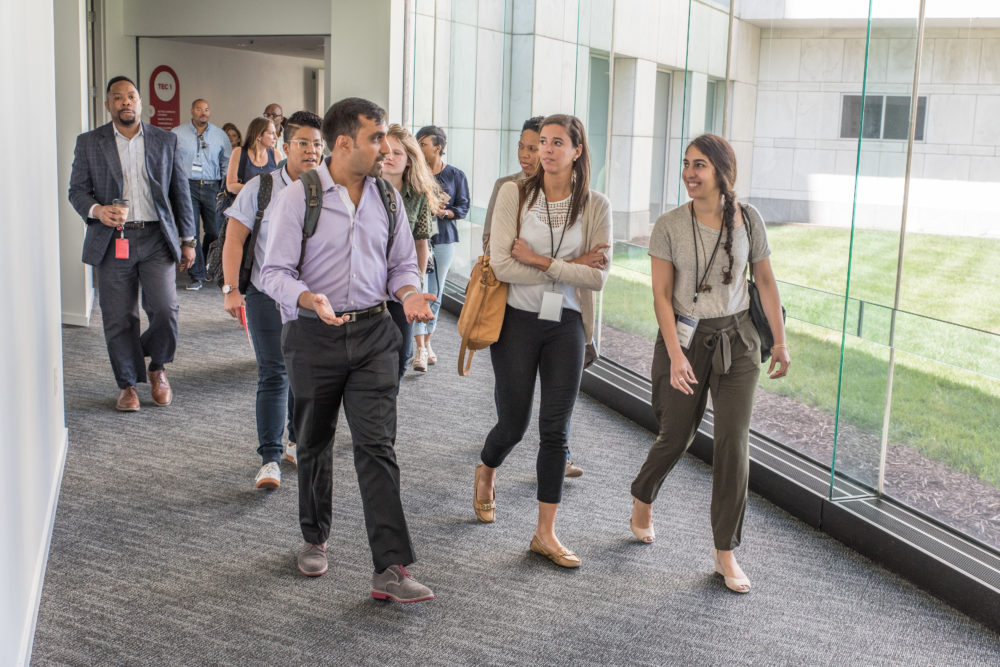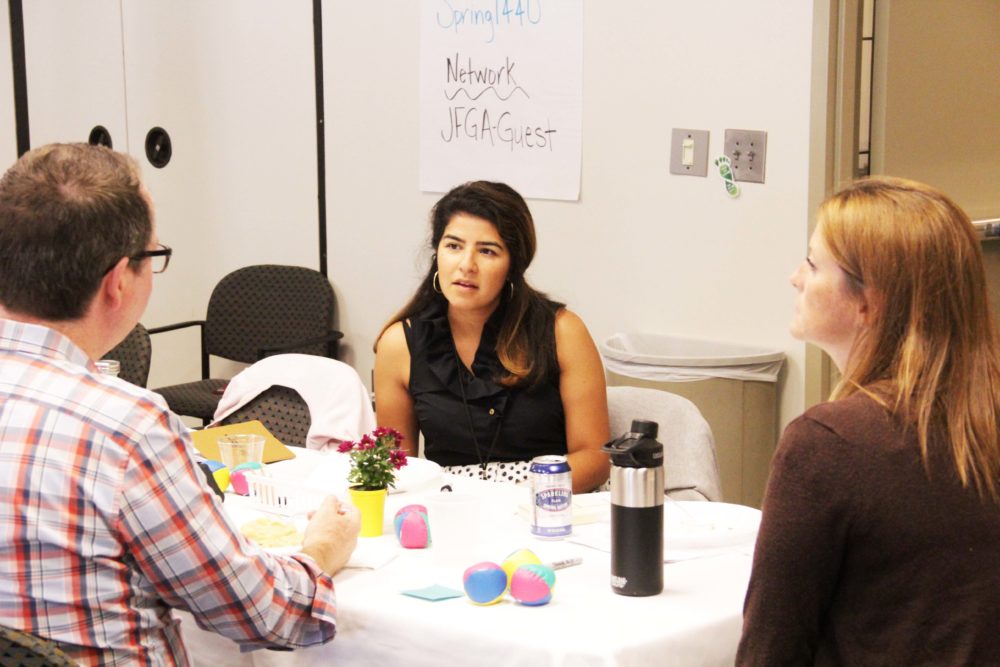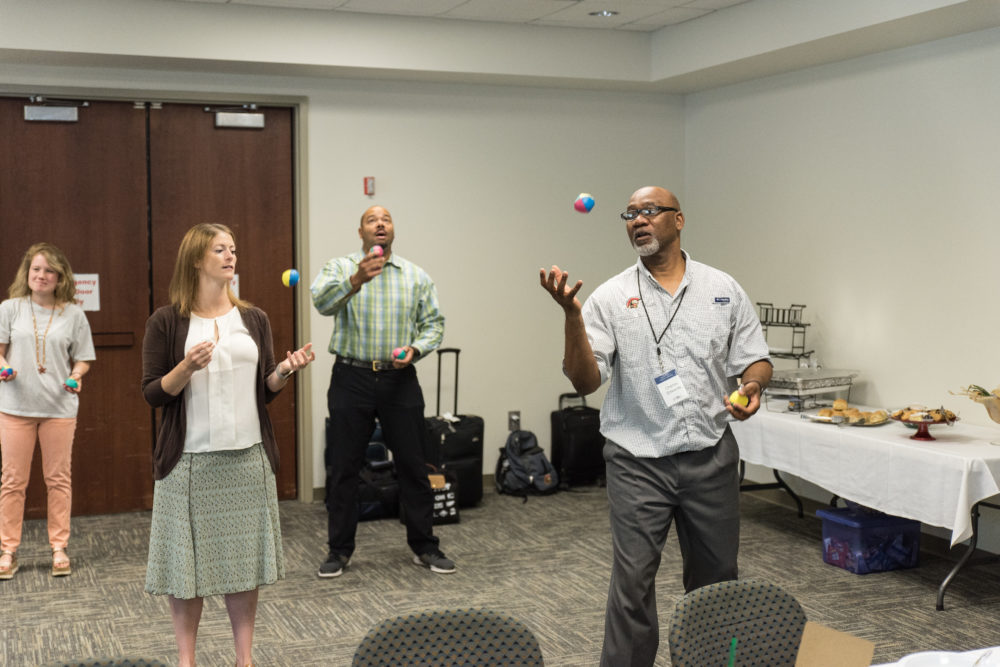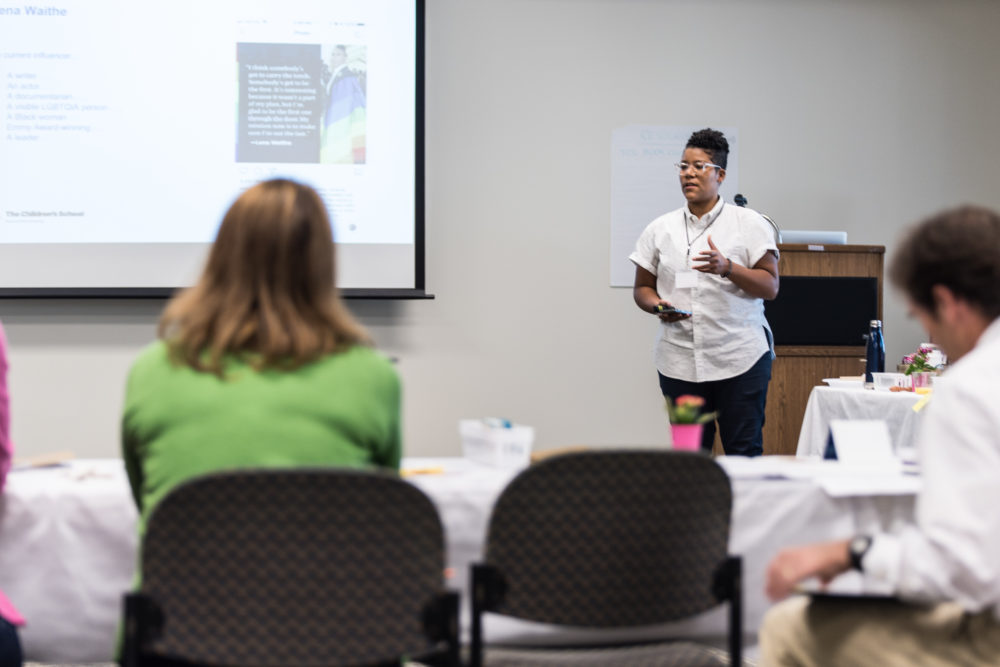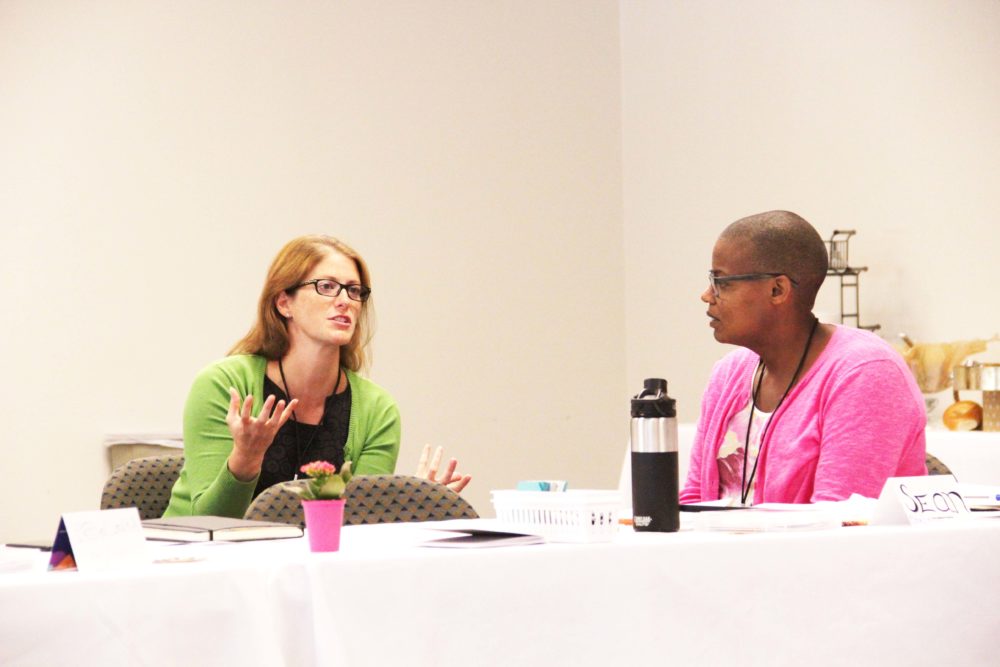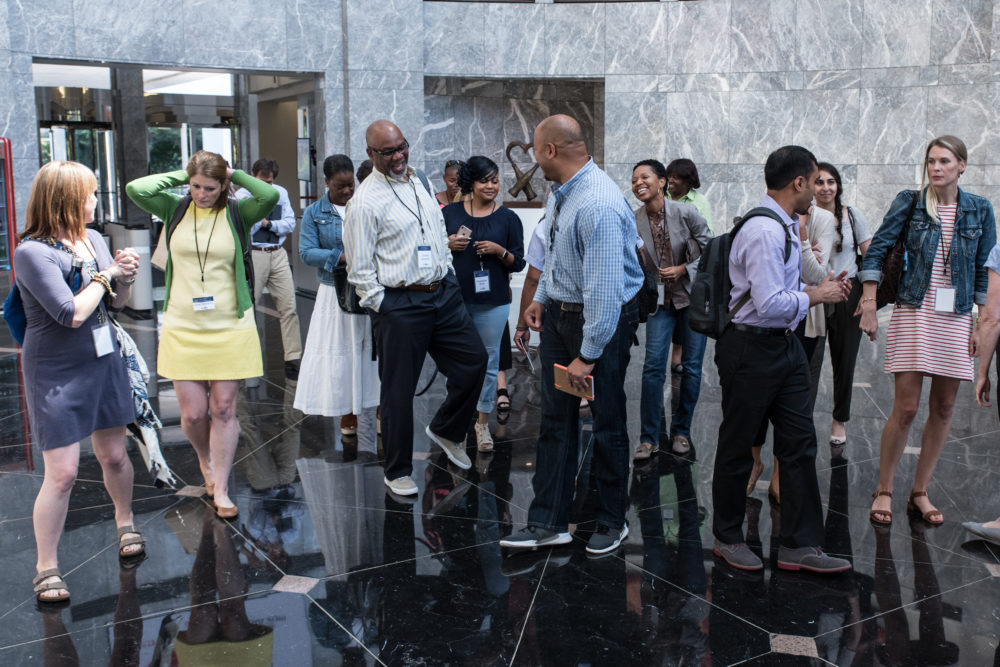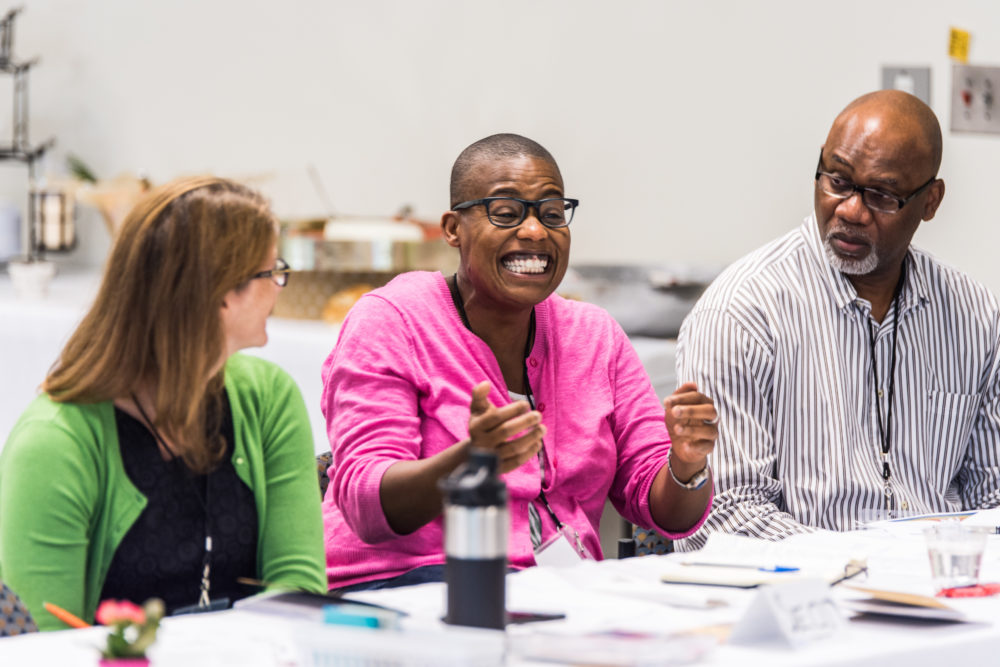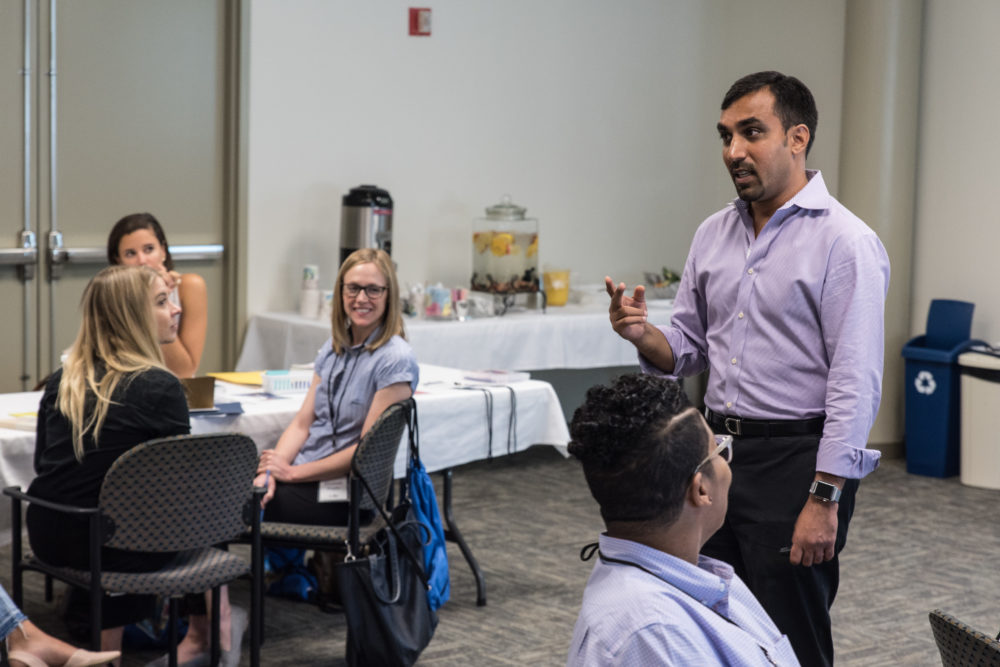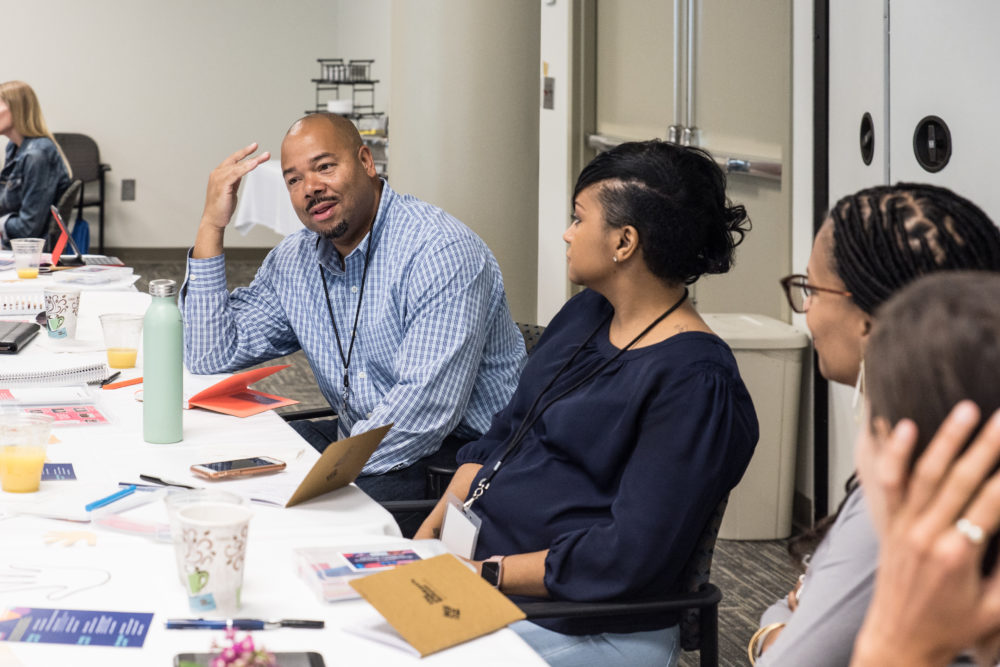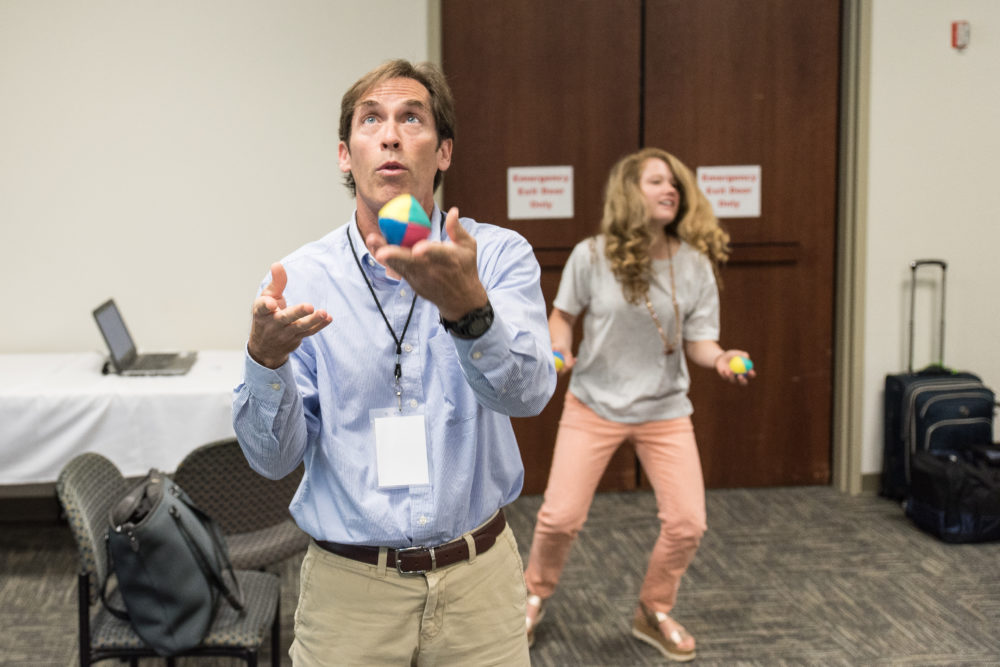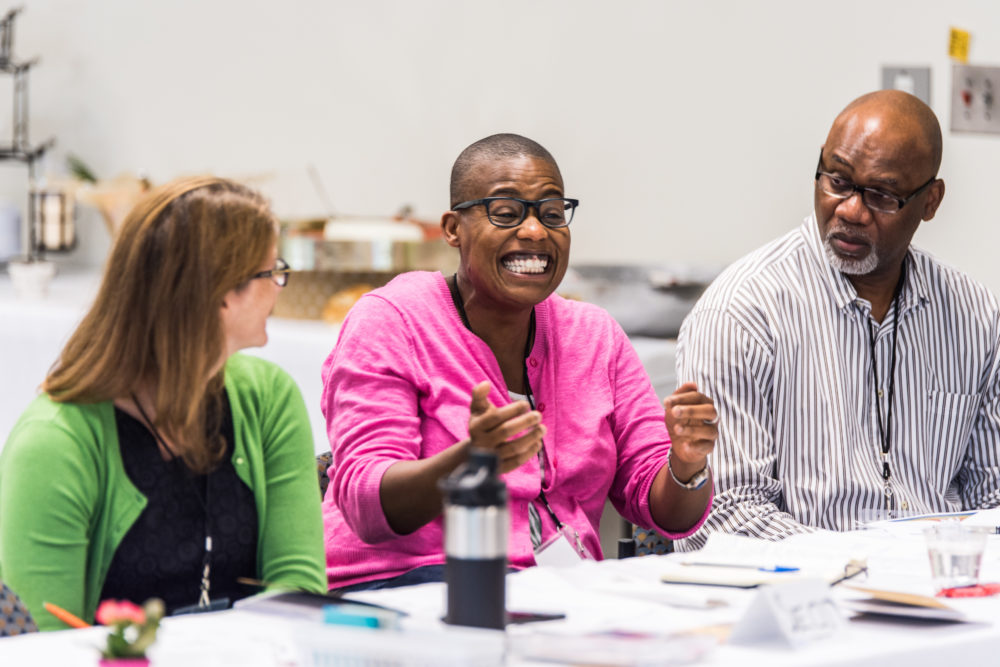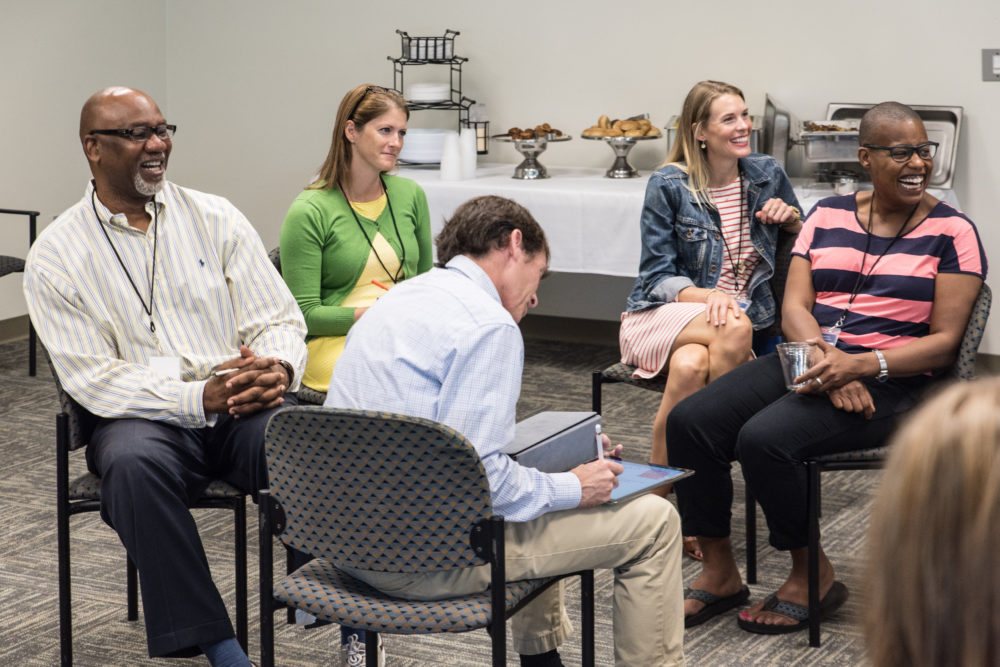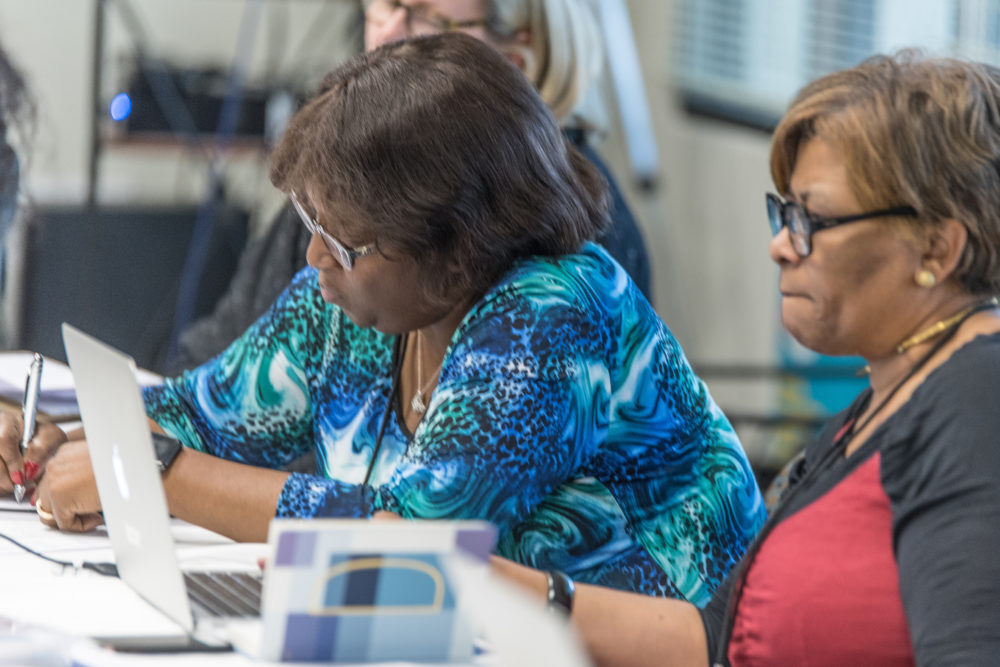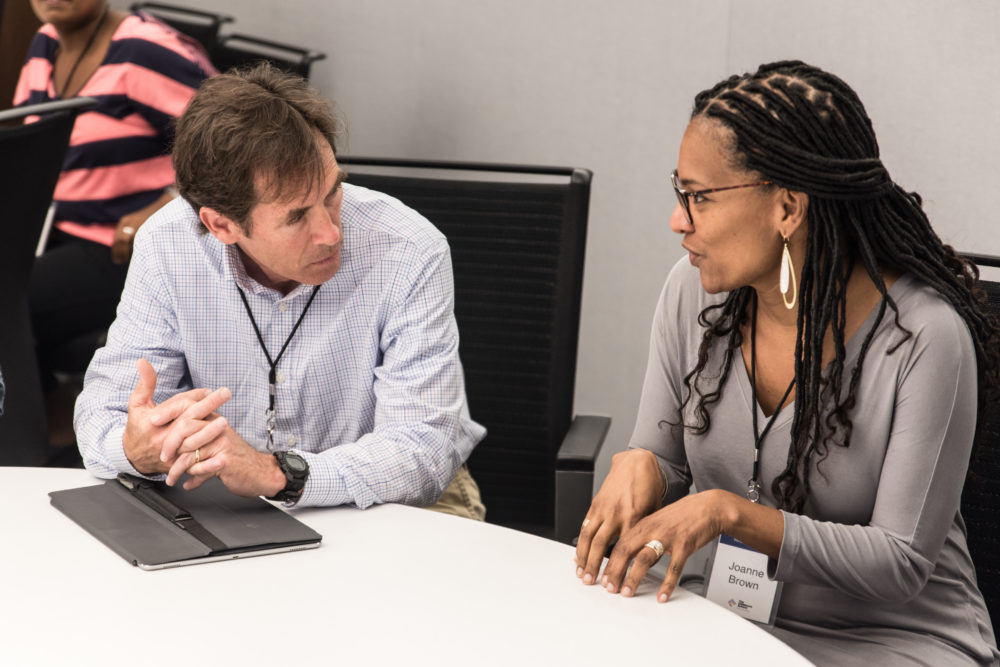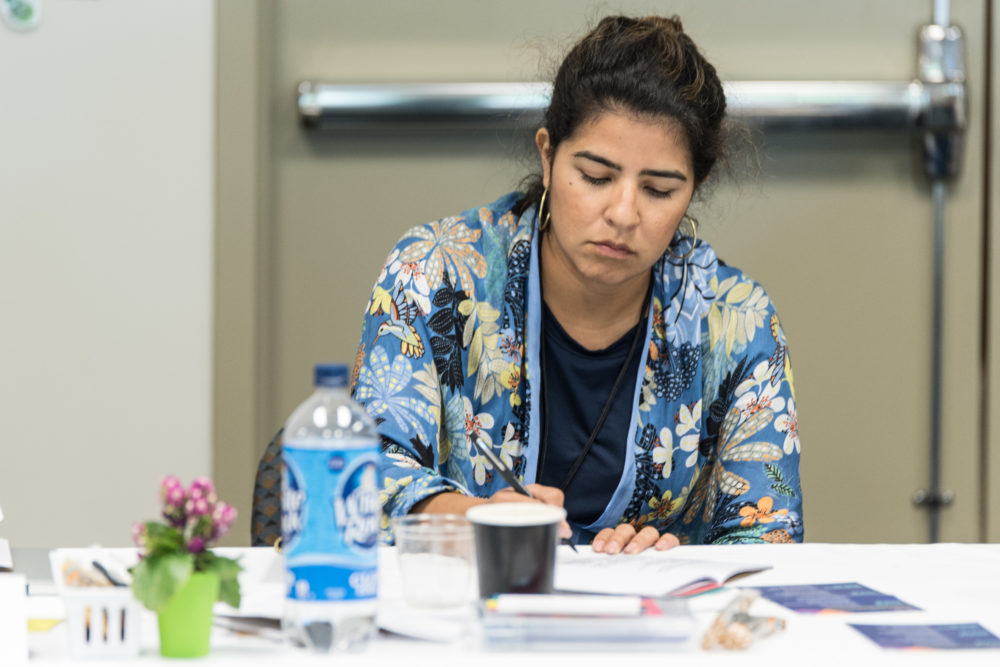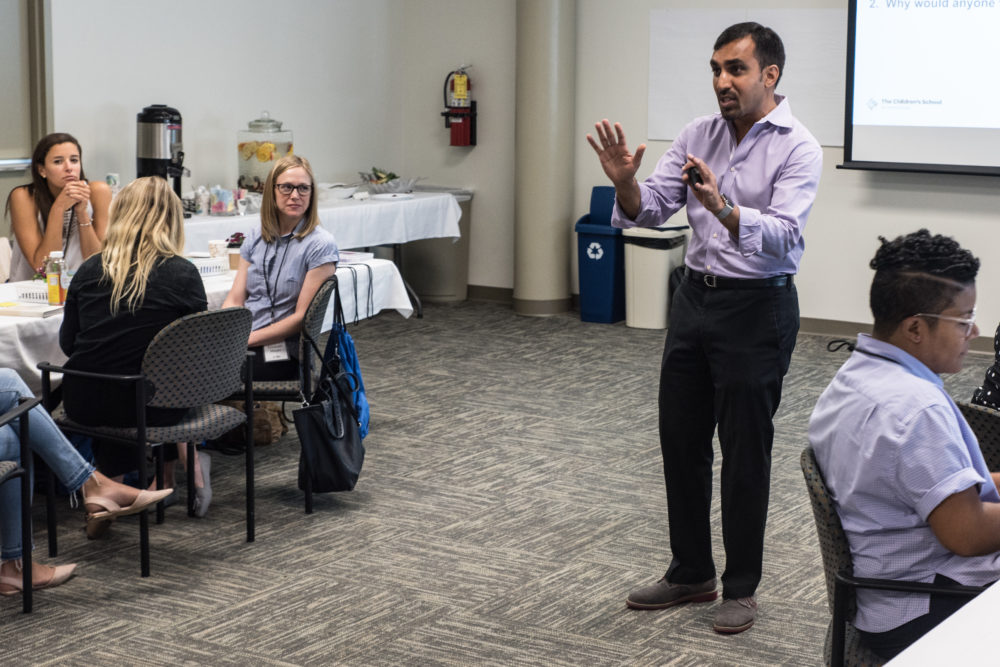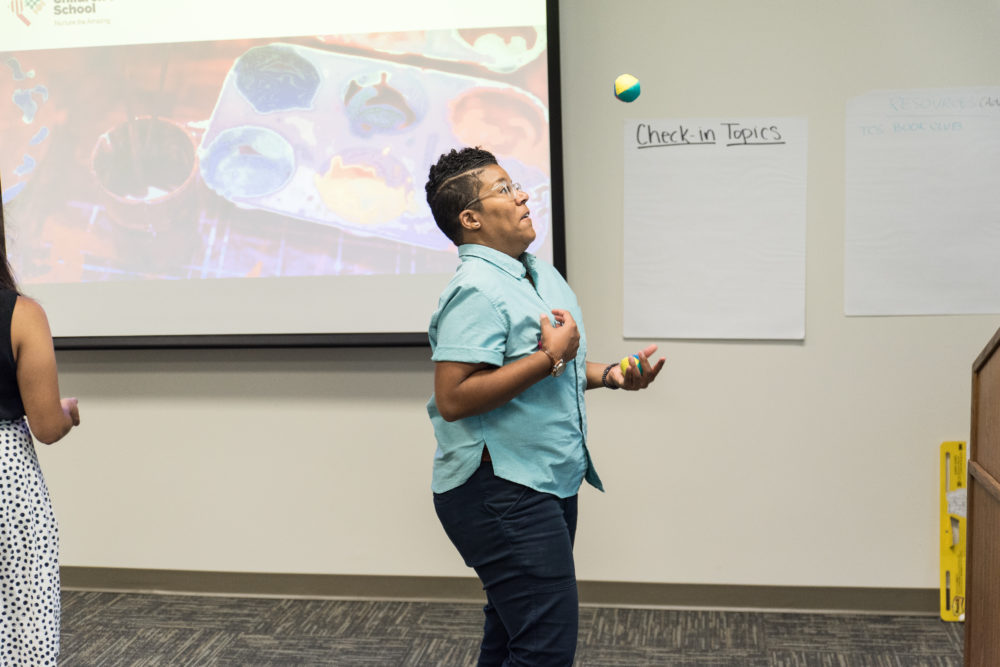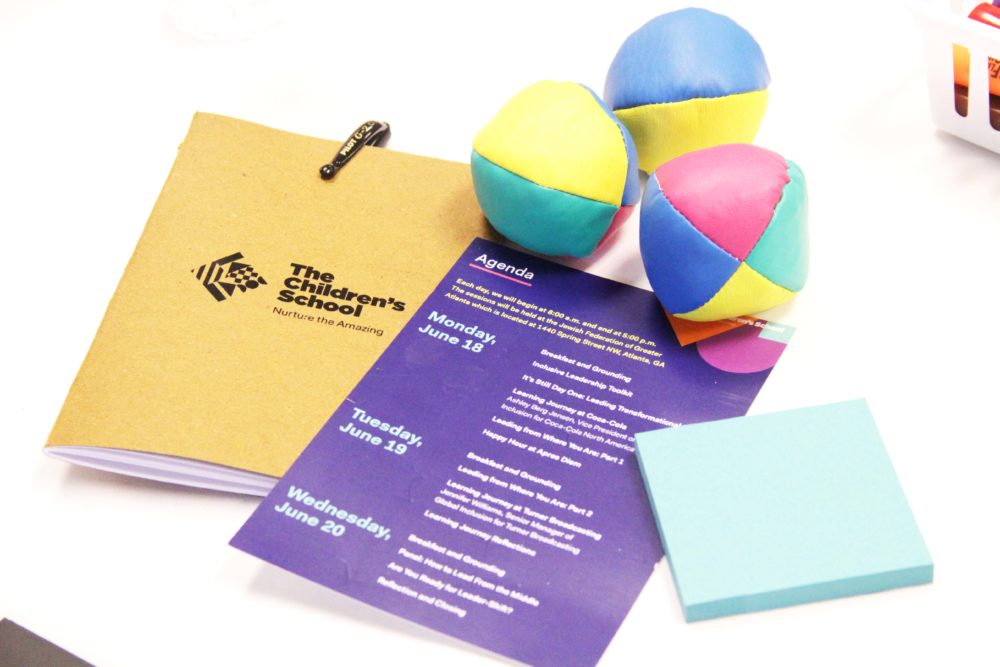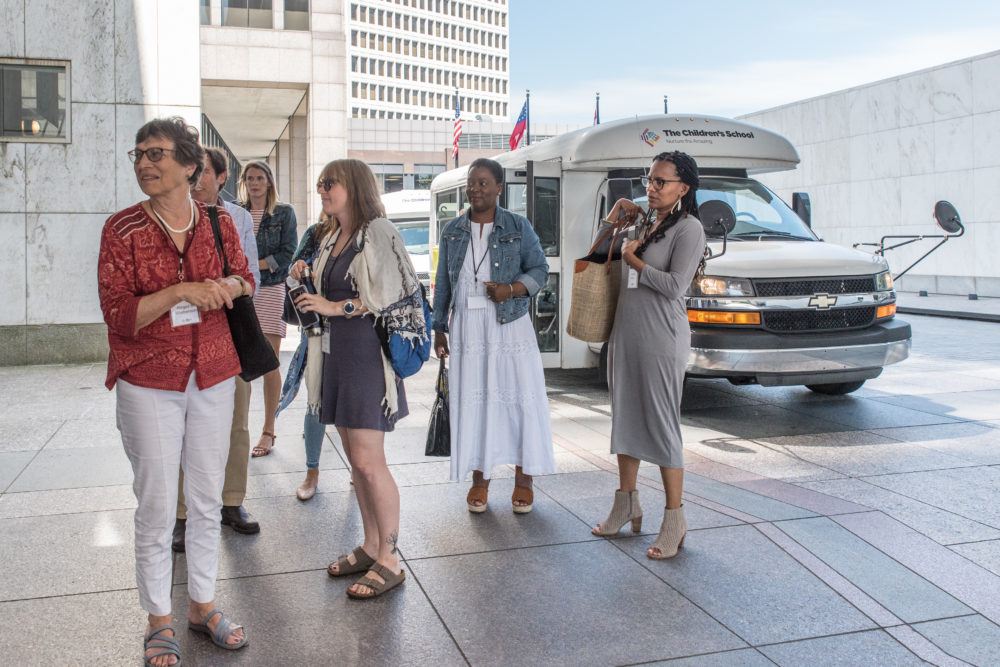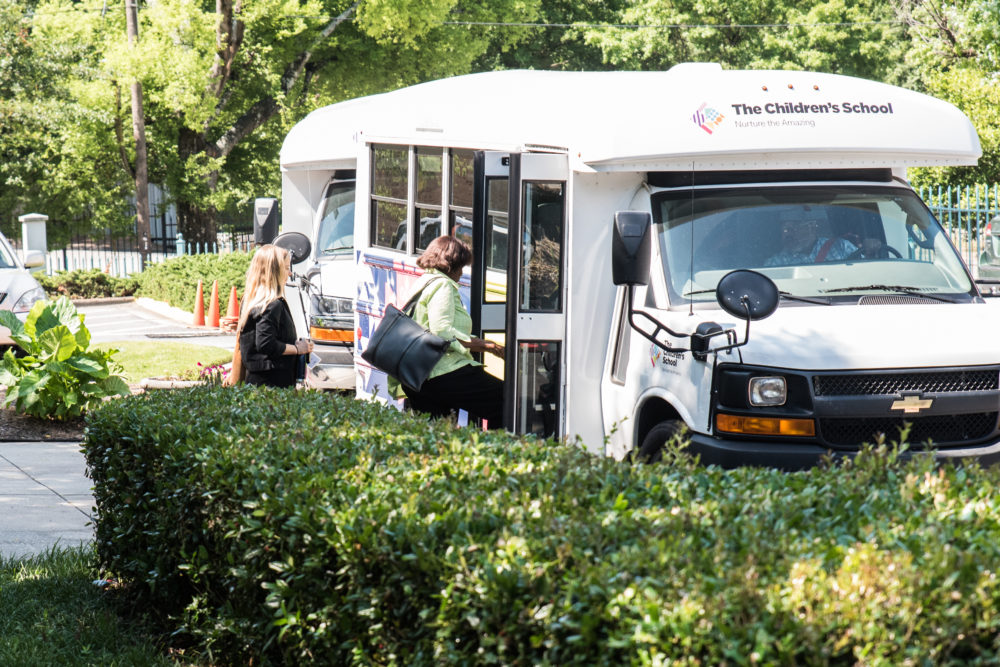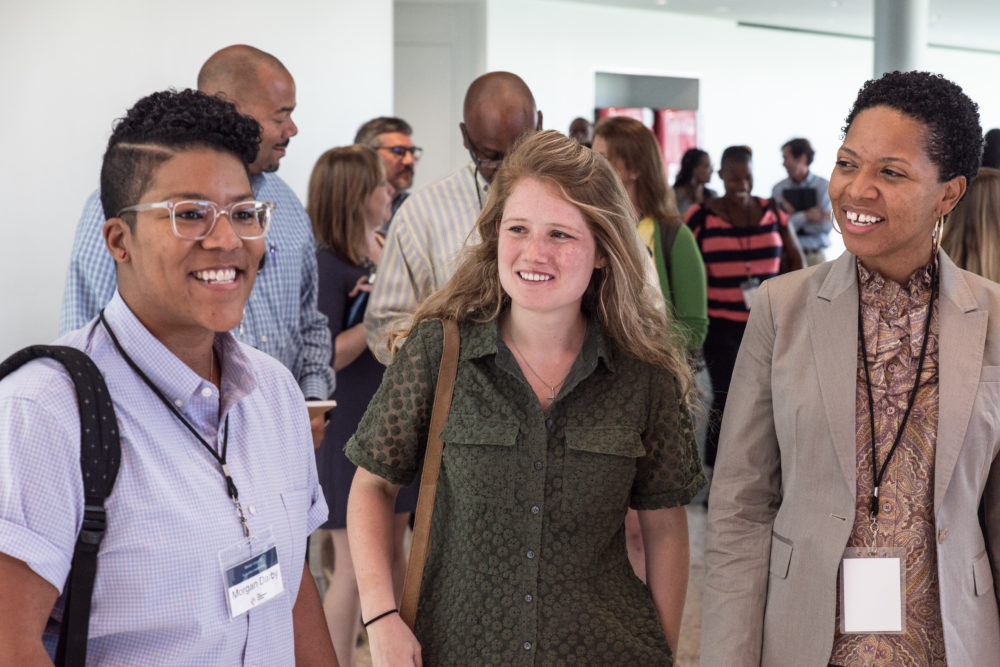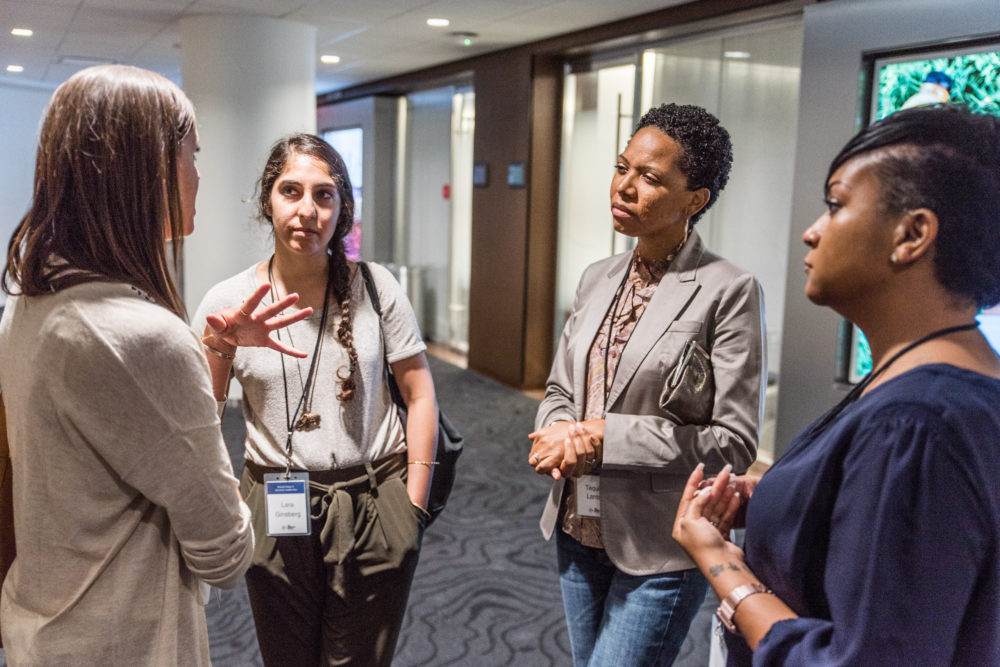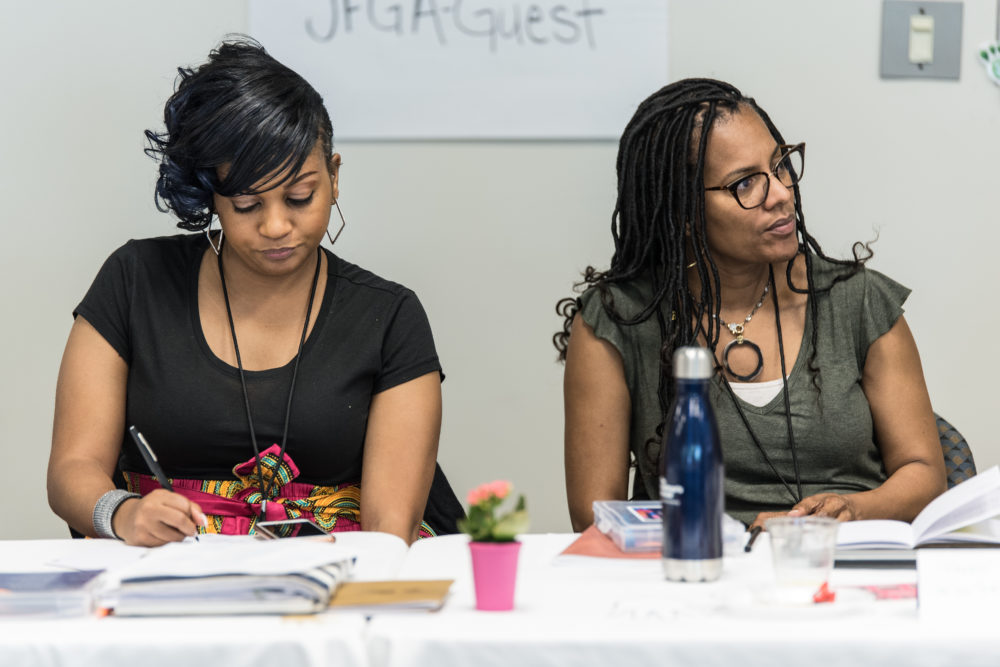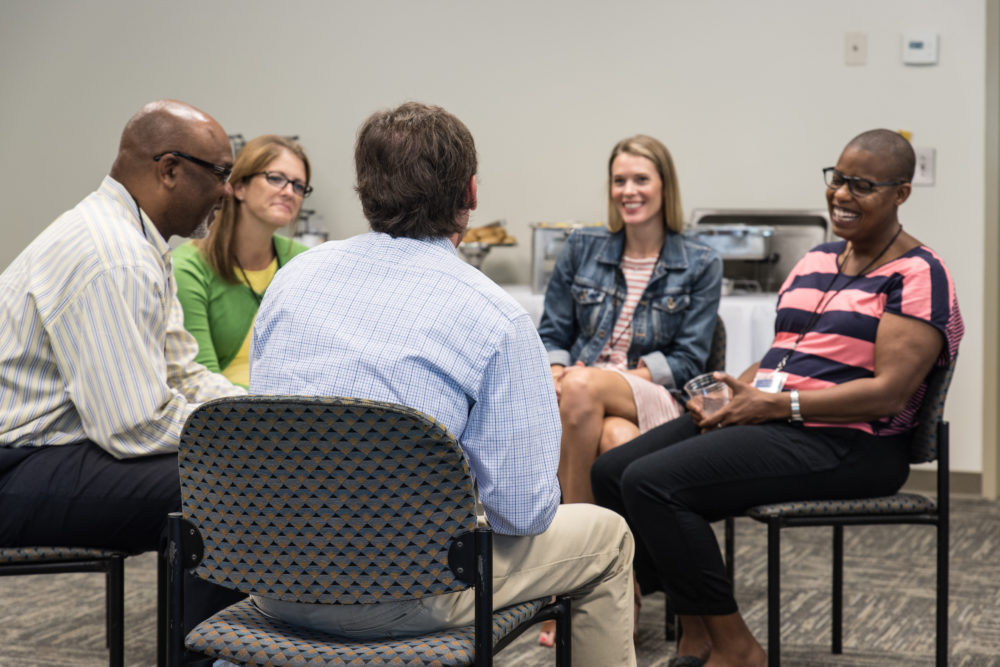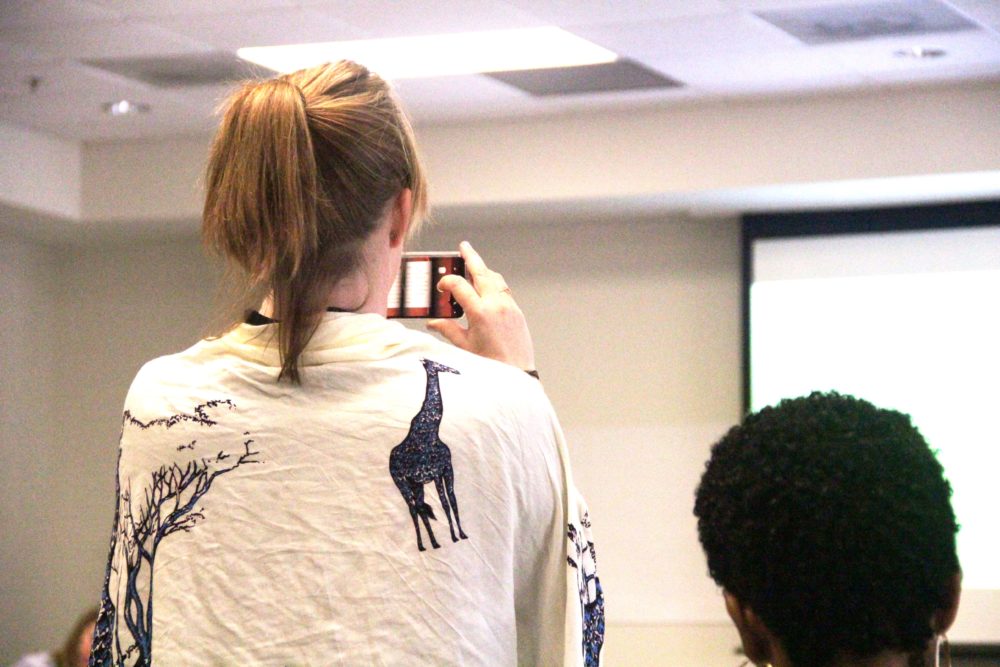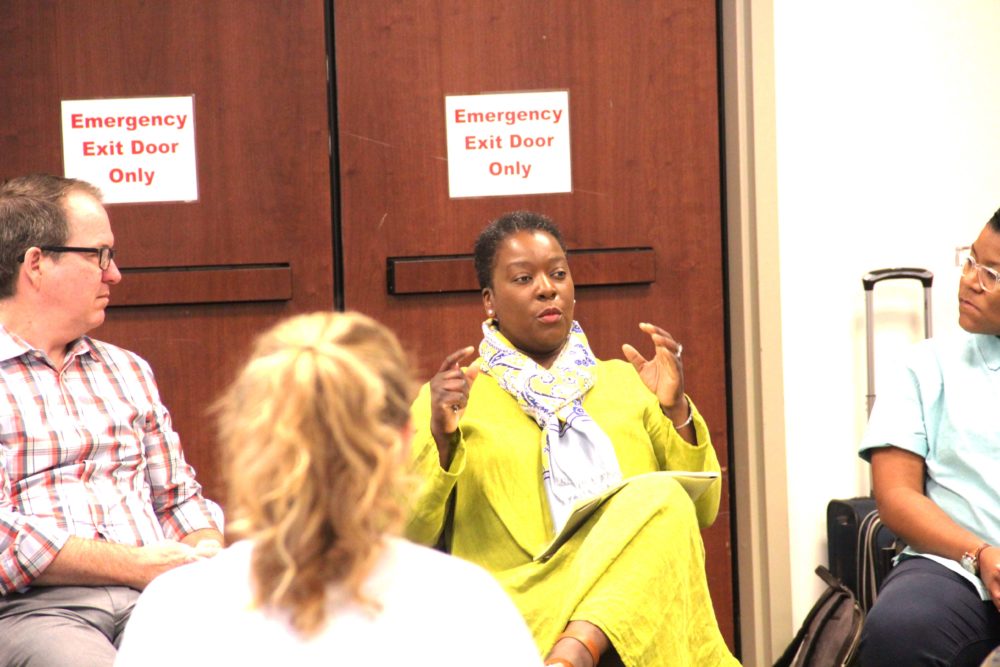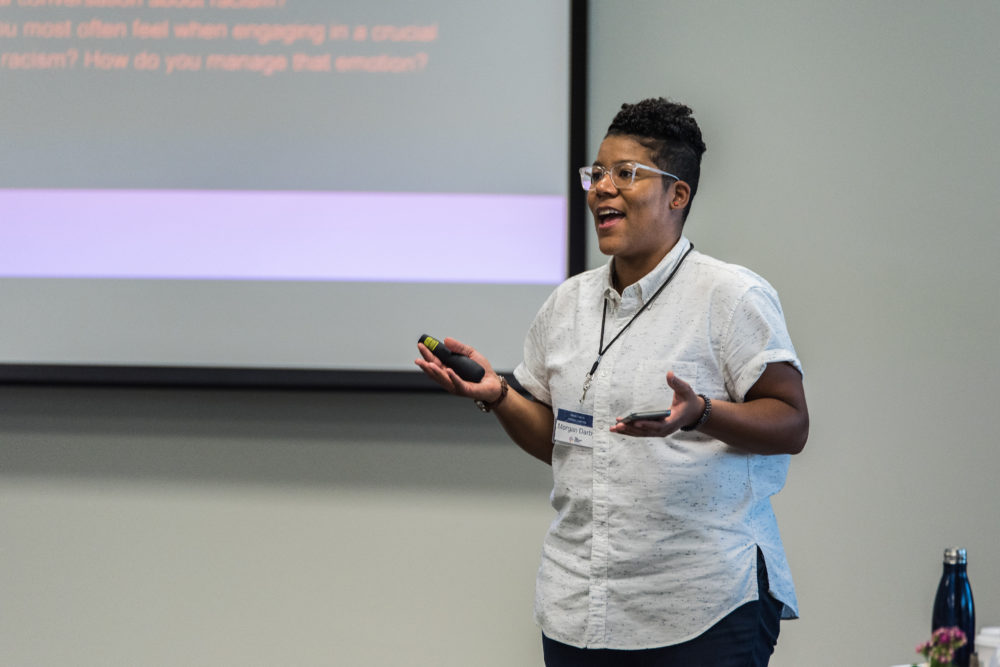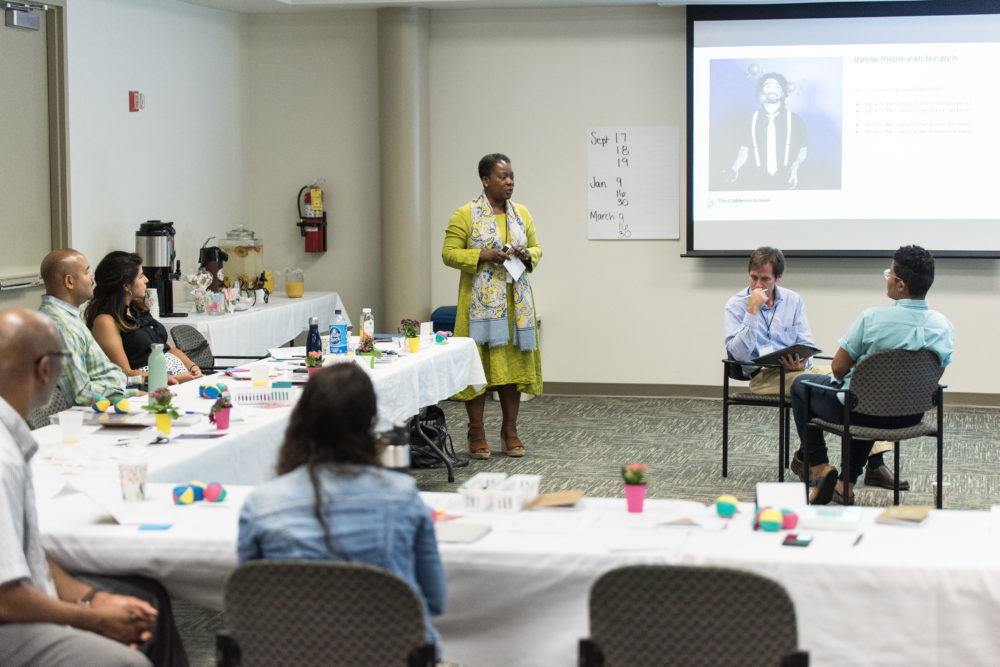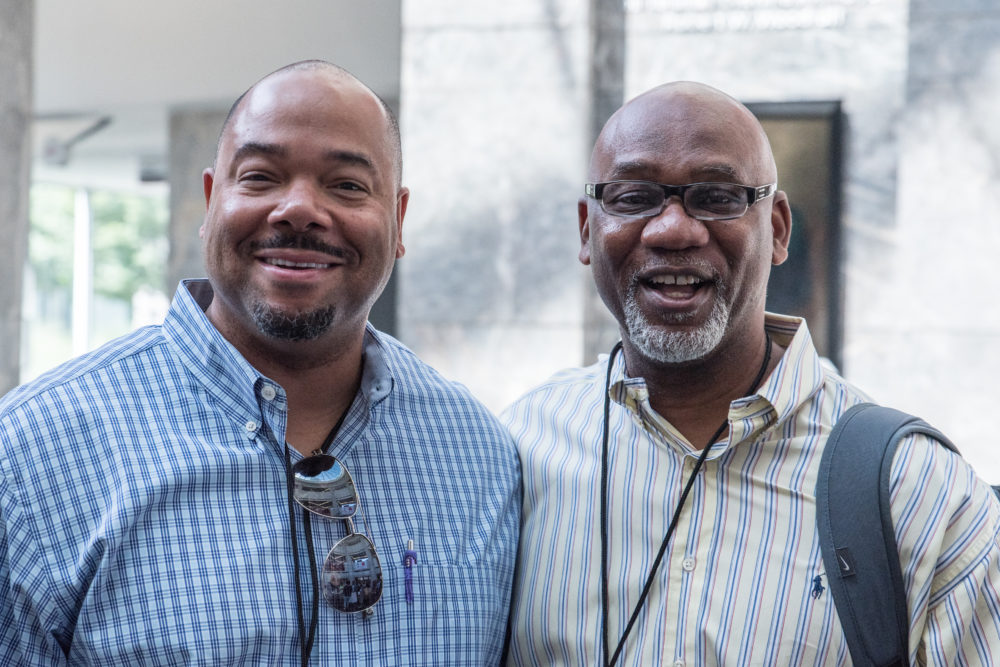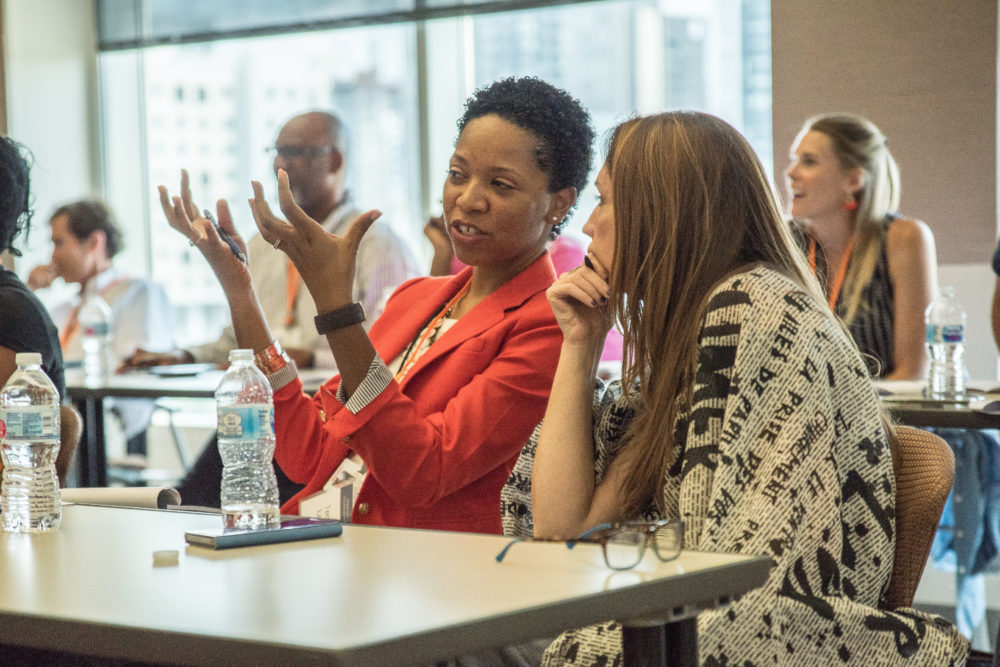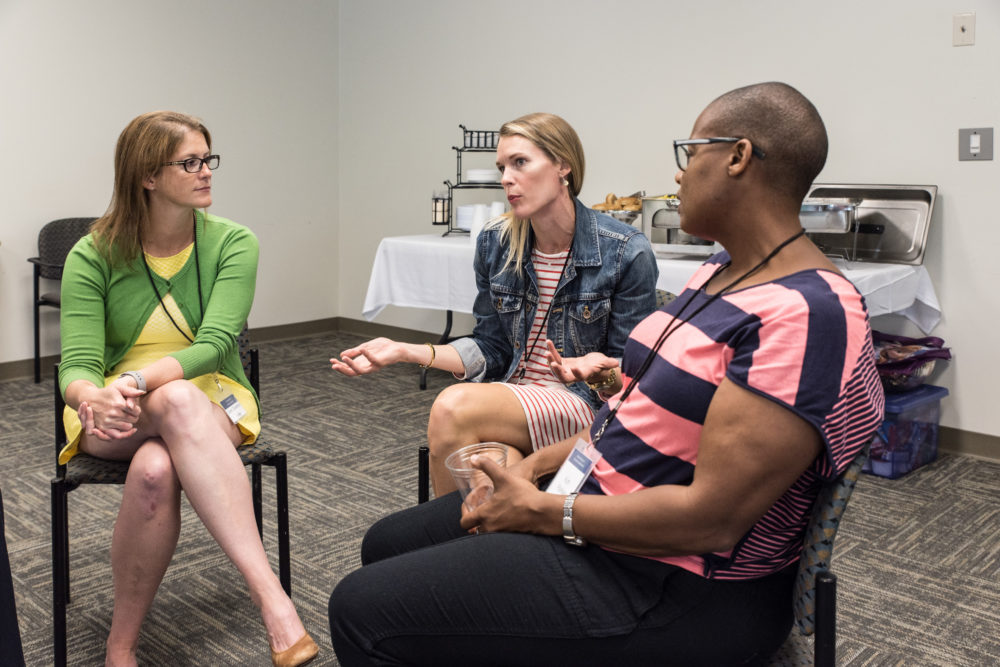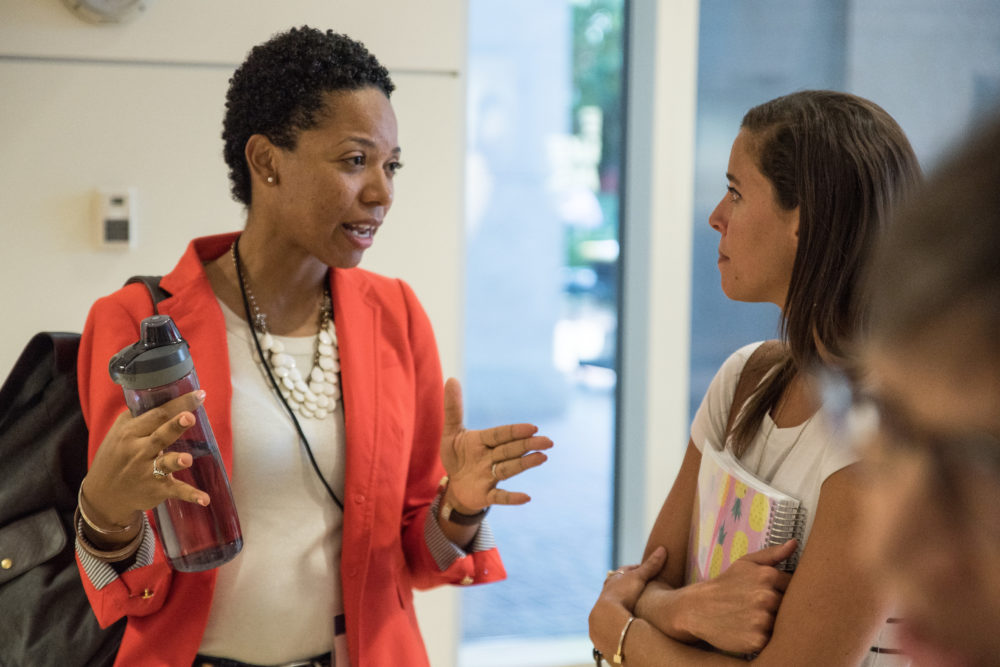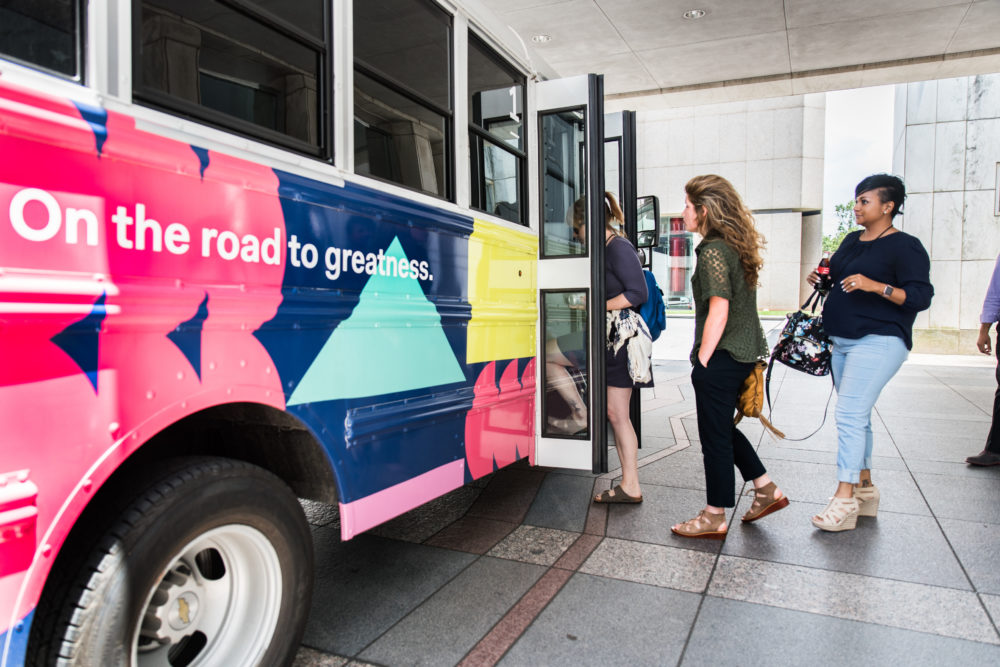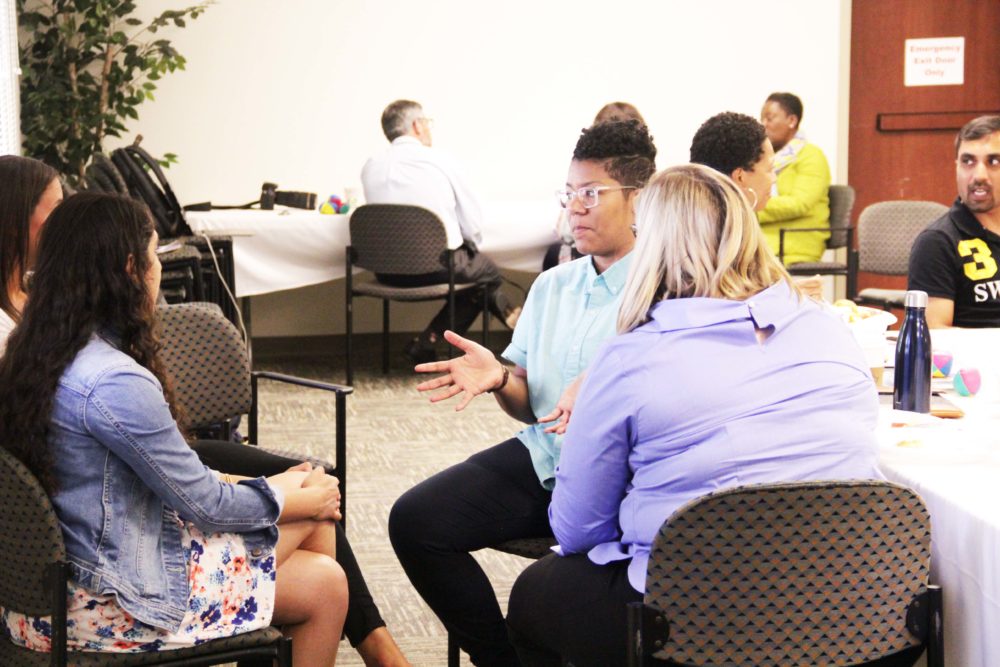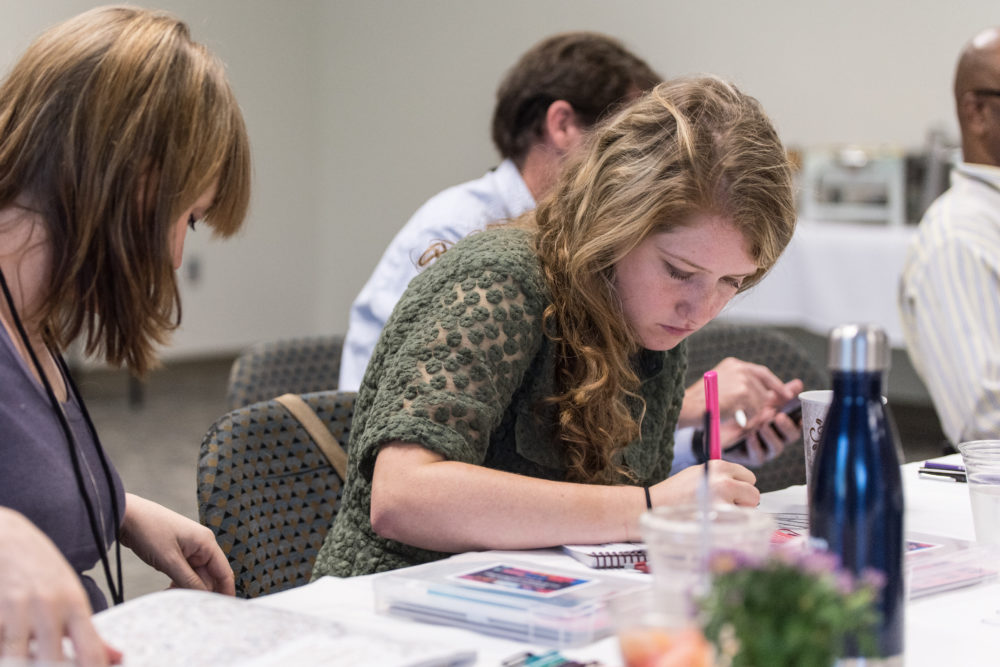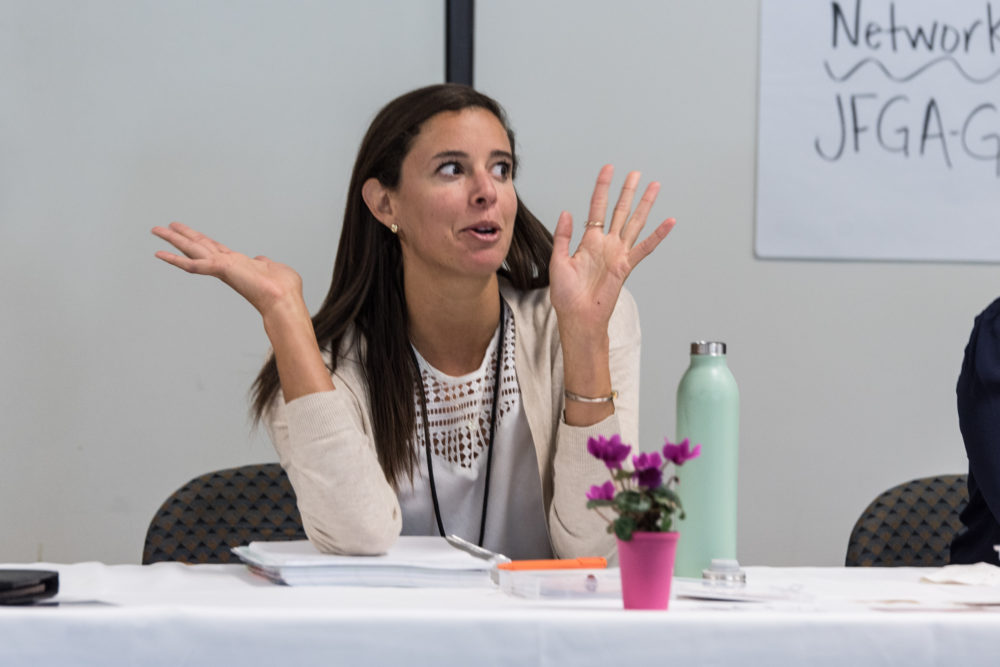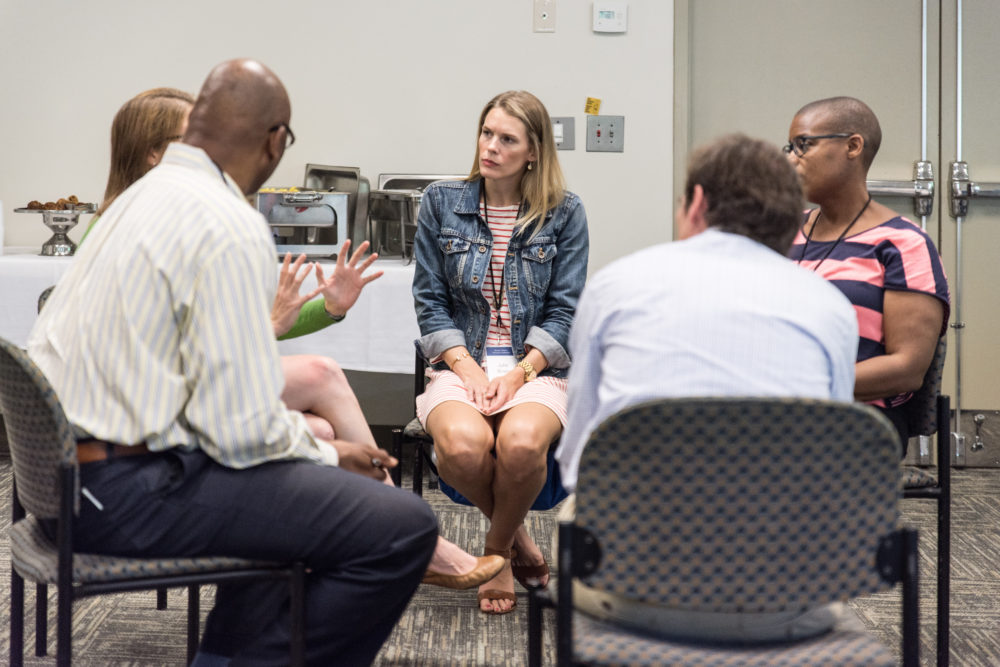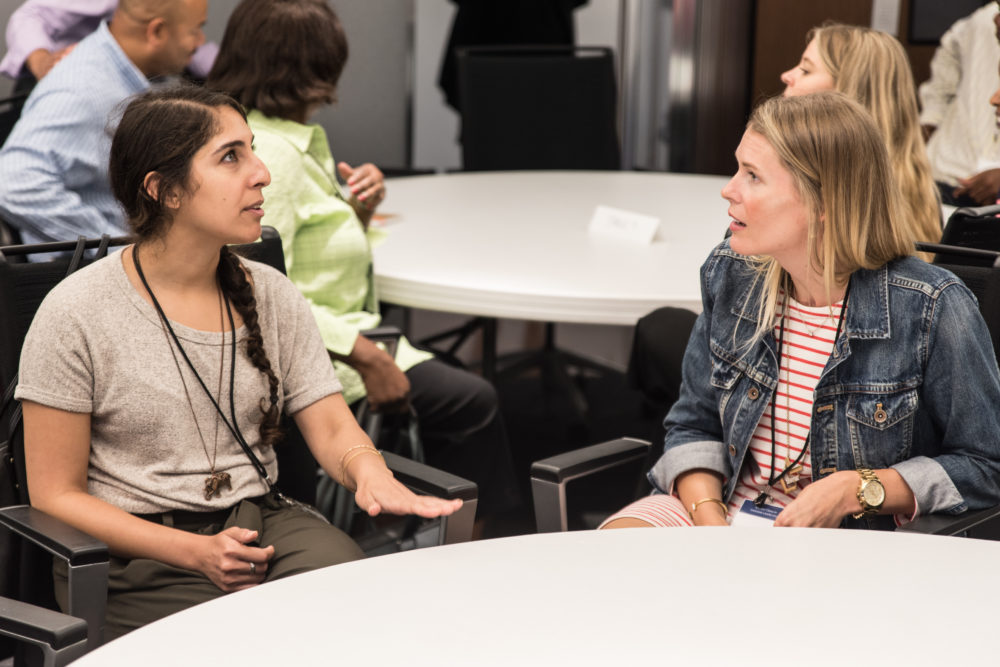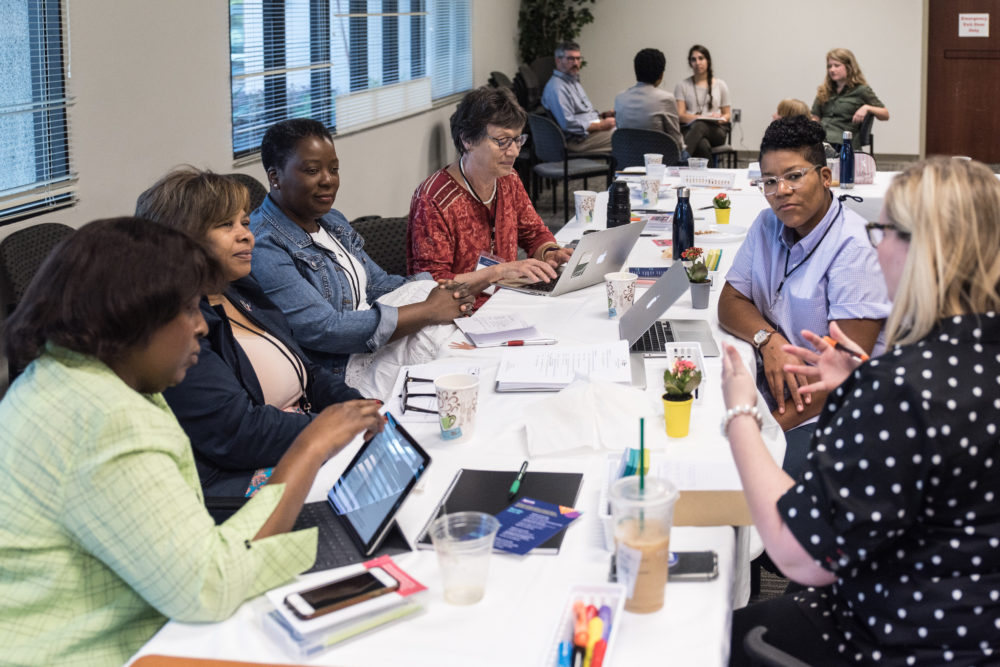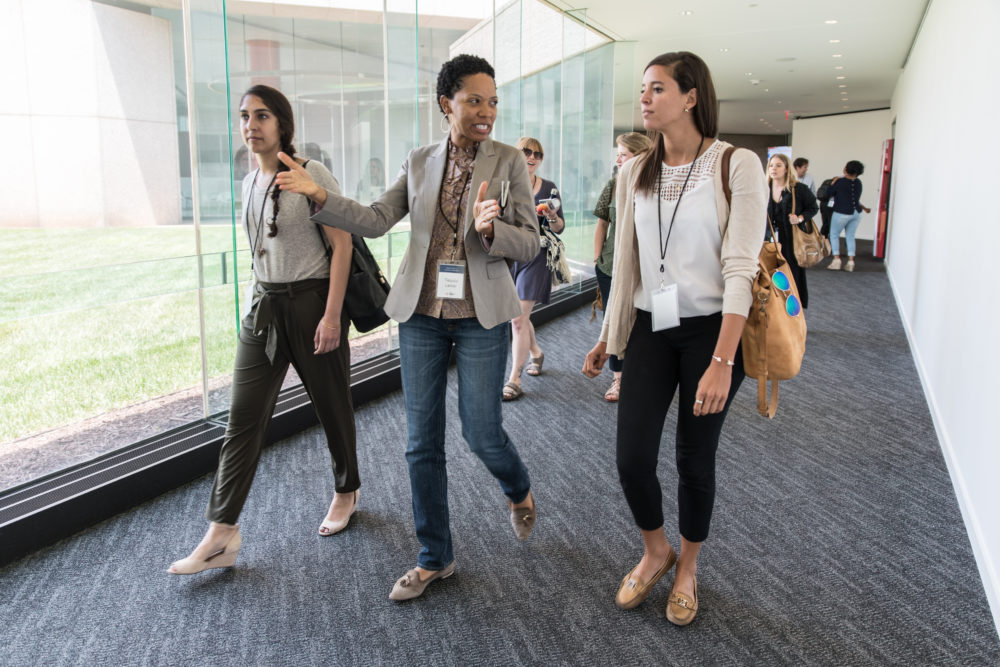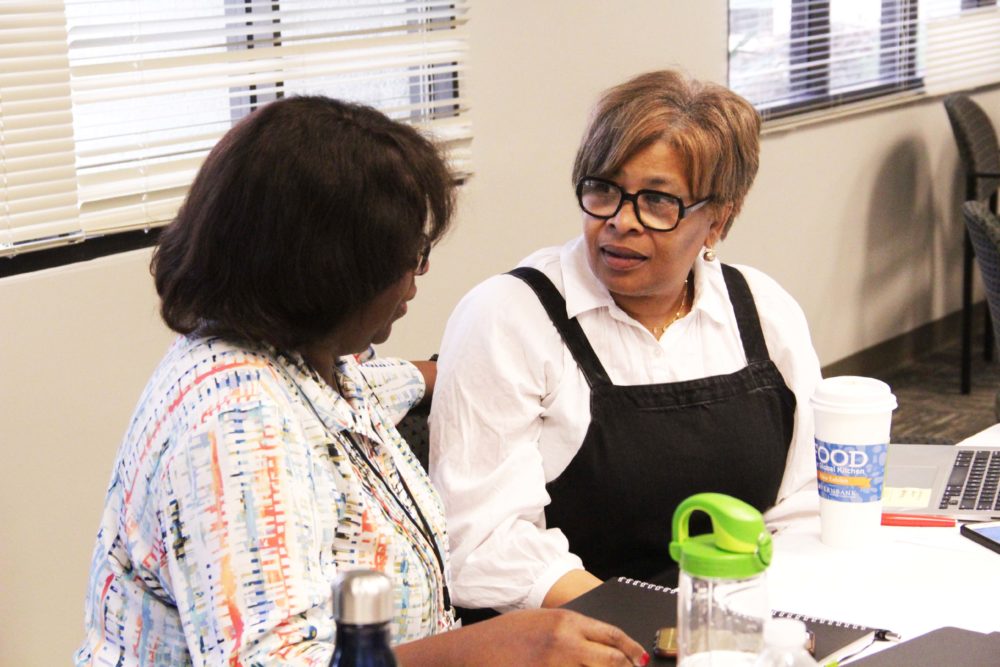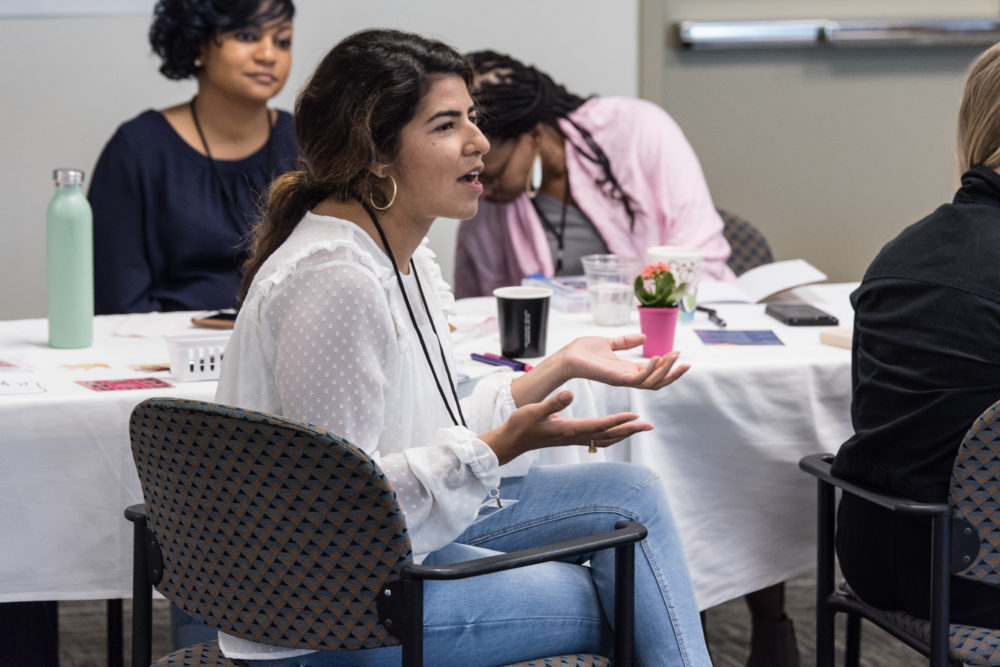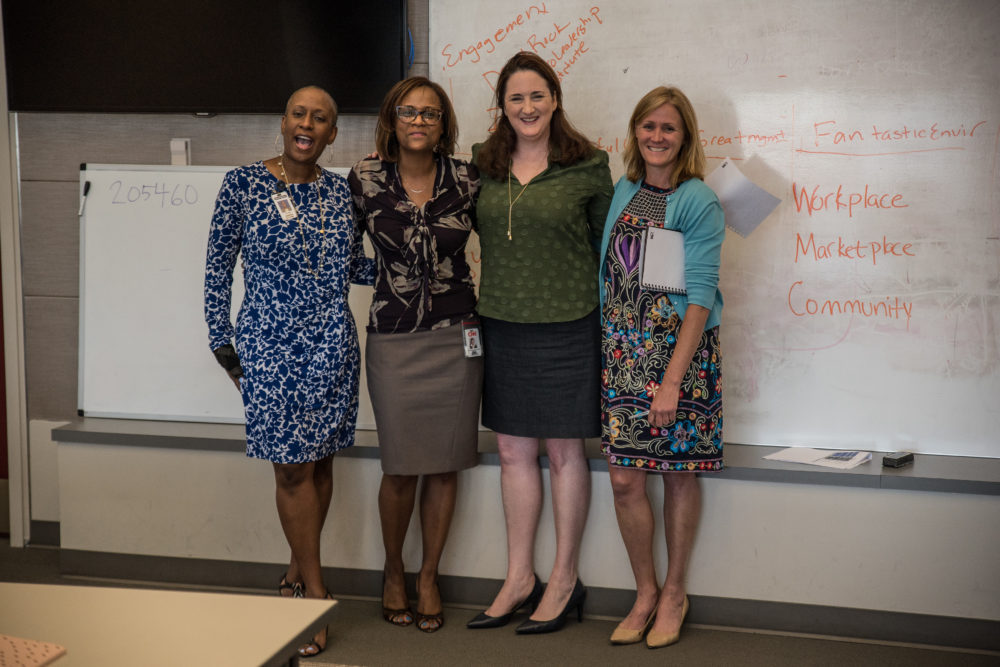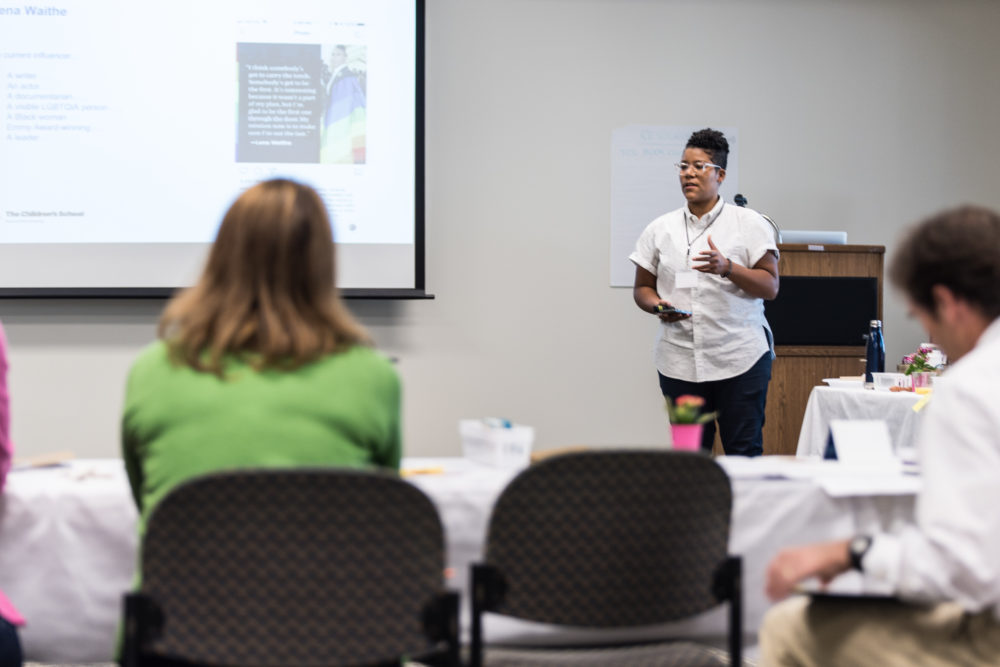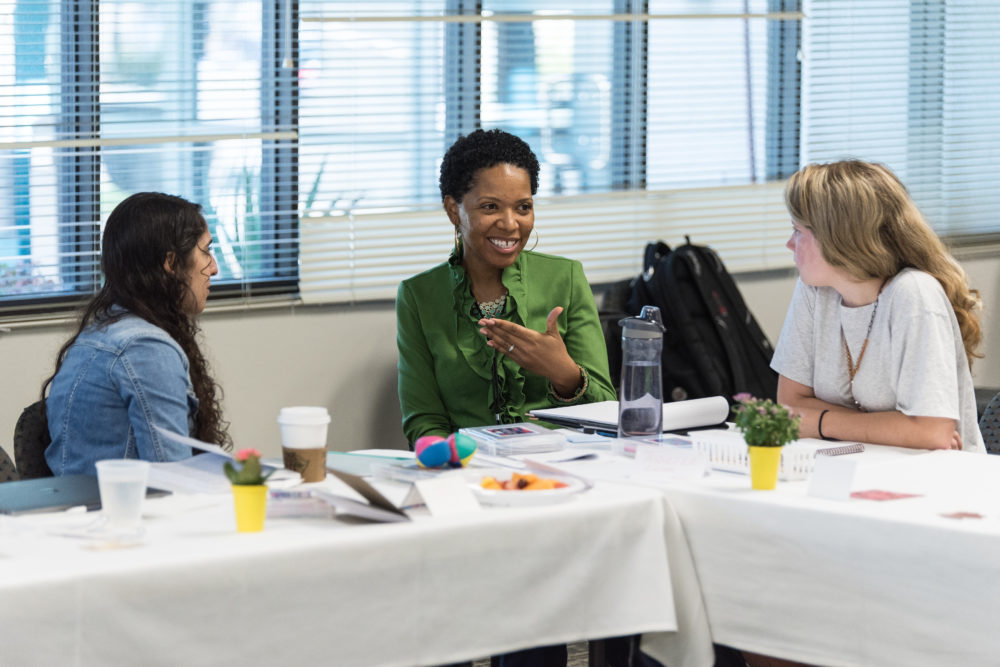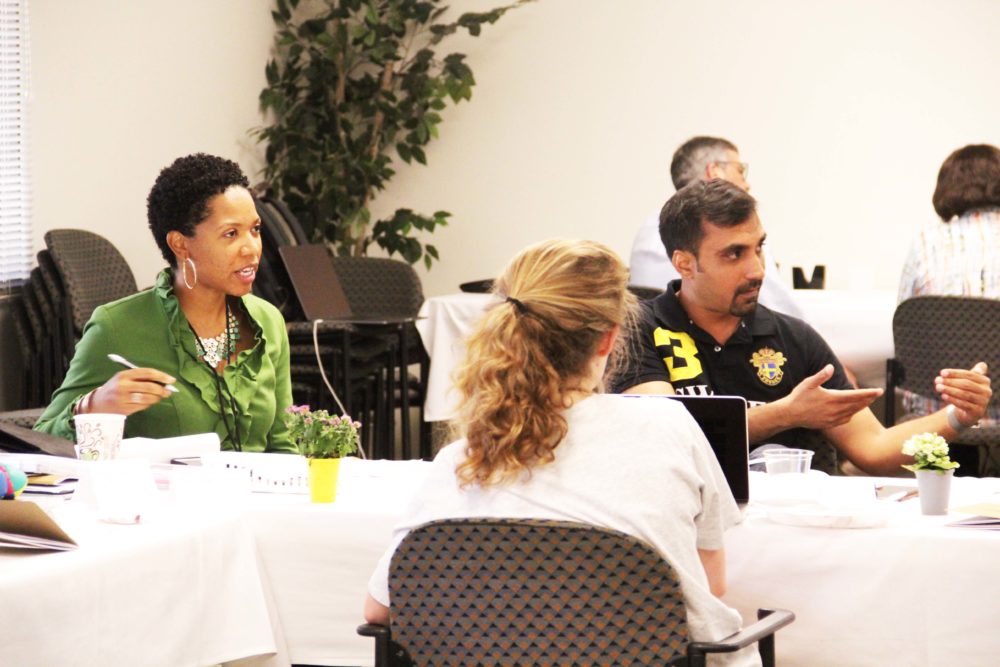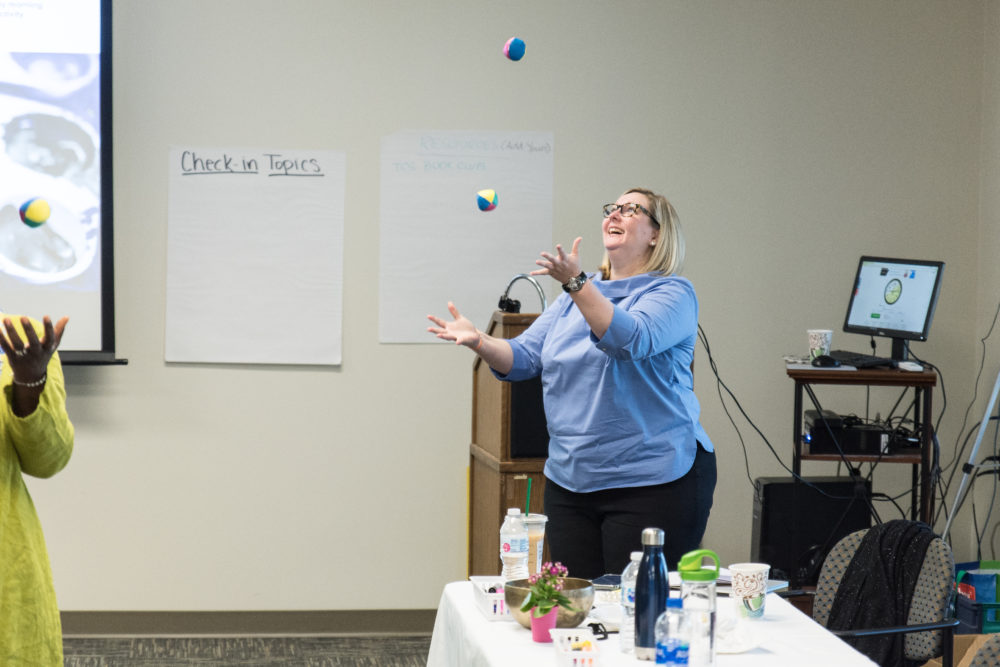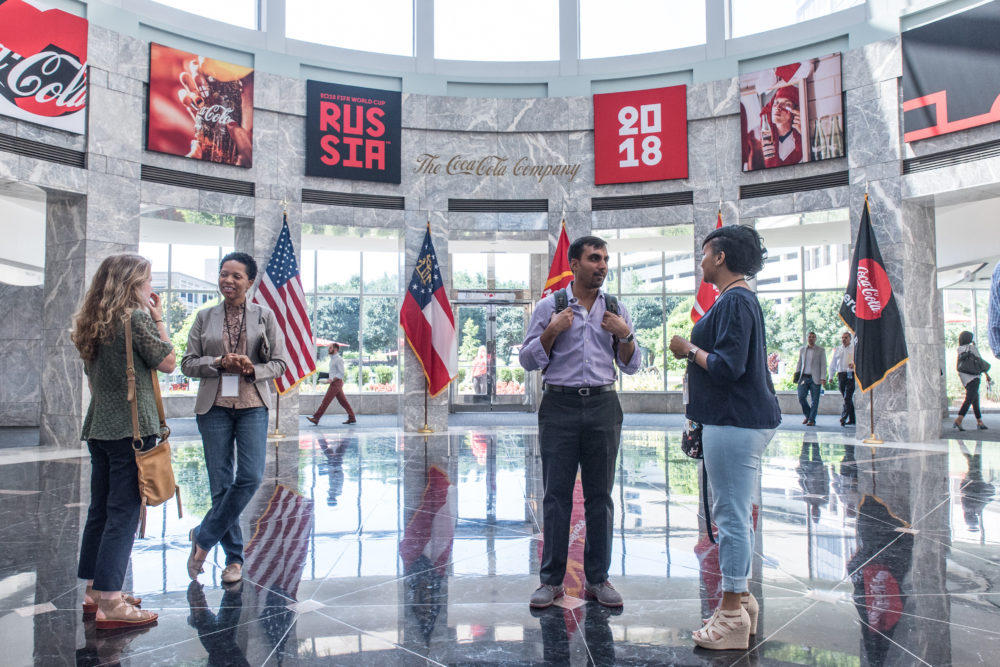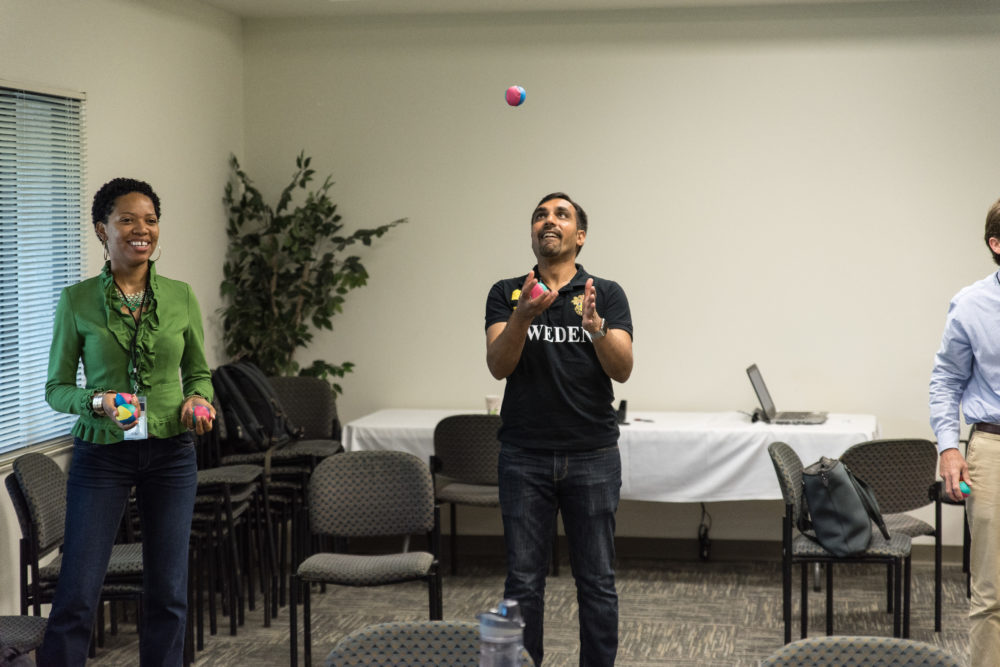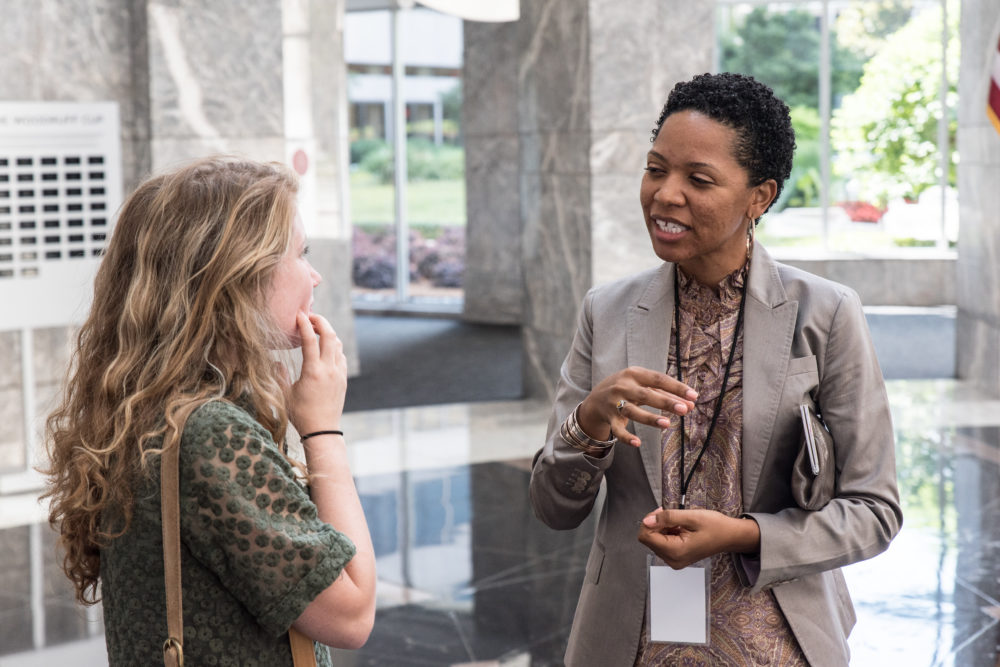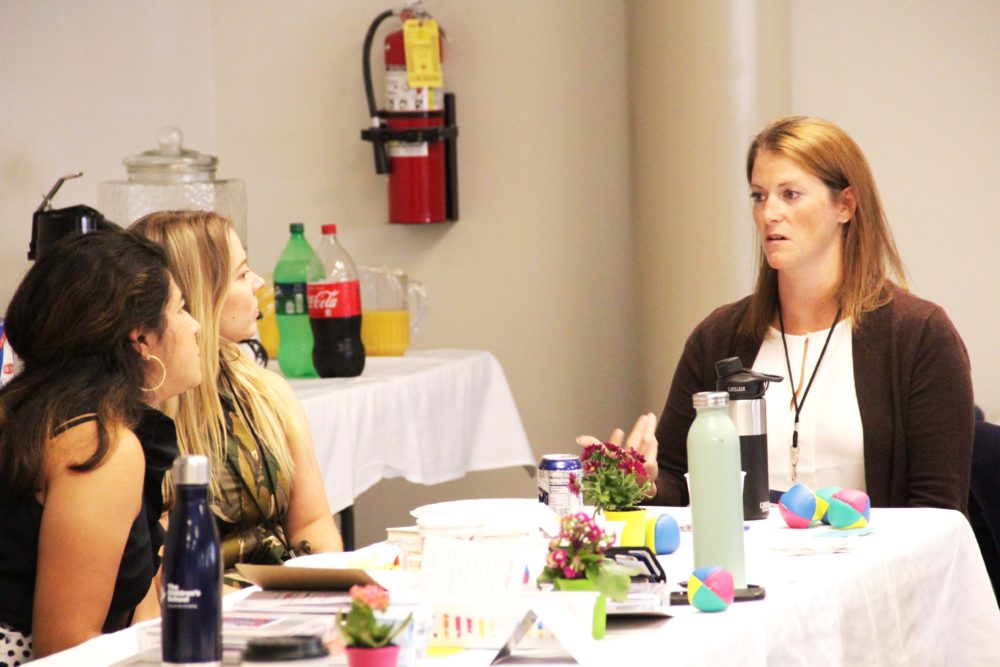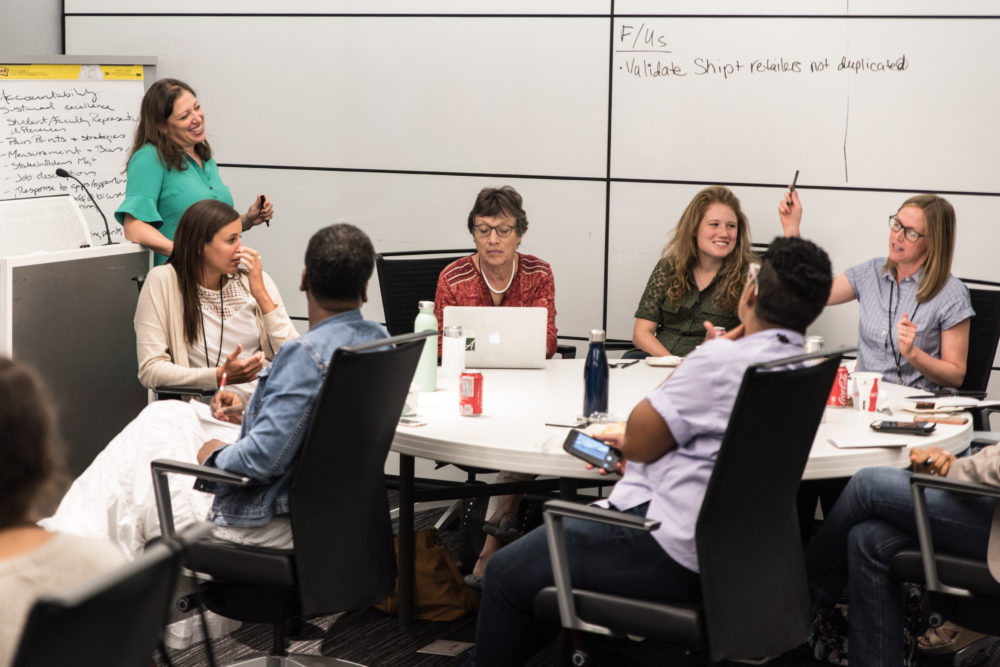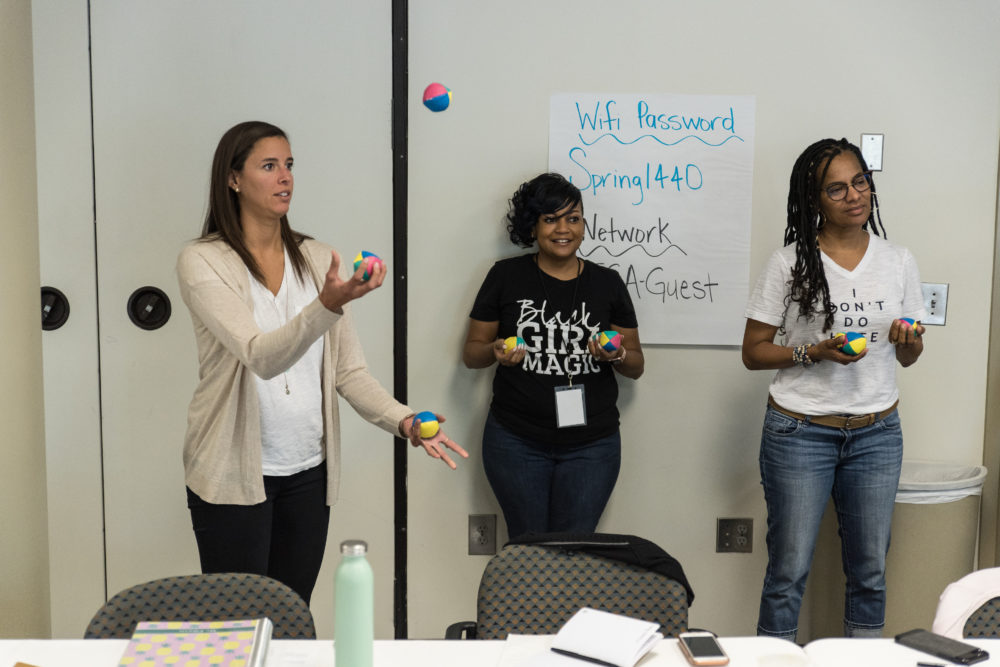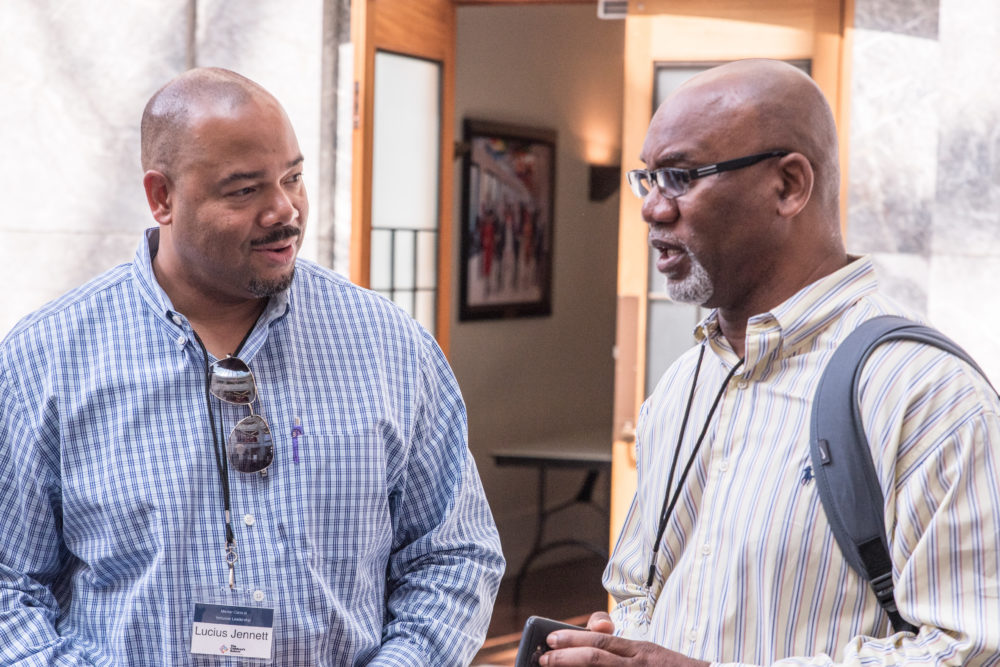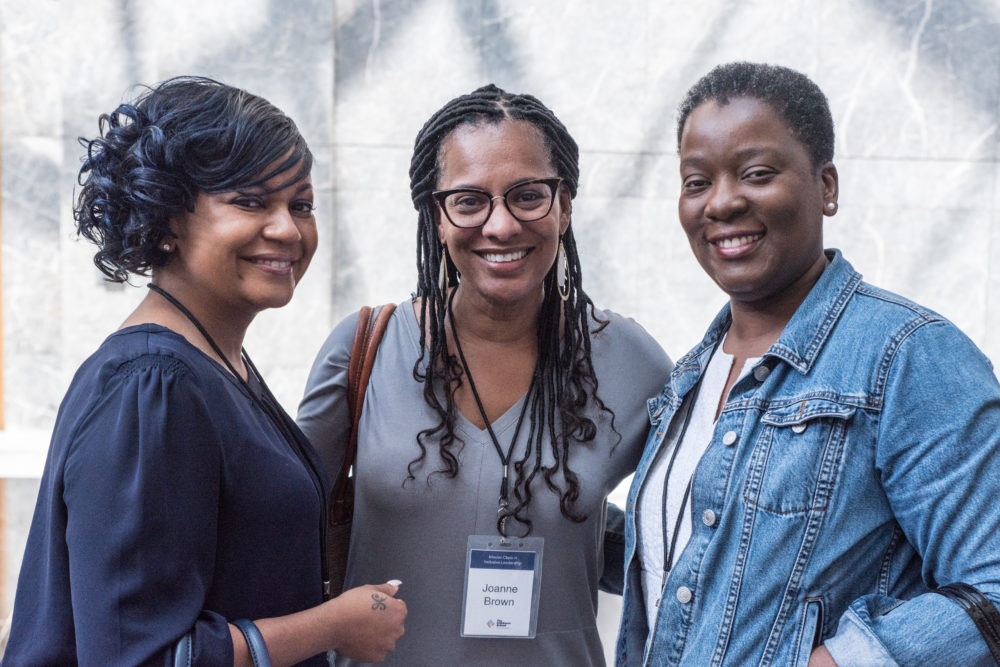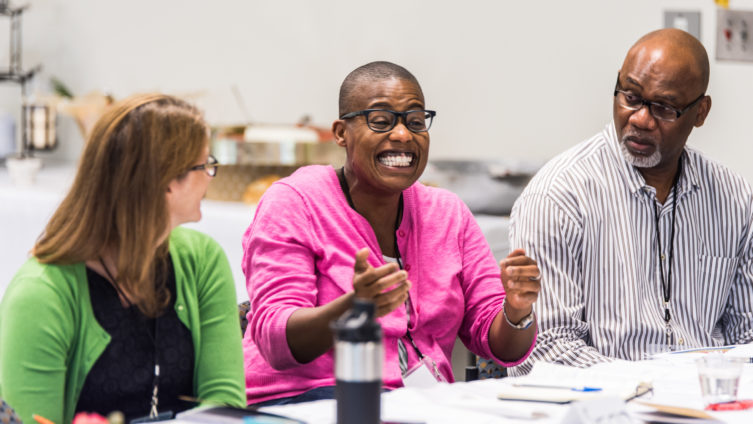
Aspiring independent school leaders from across the country, including teachers, administrators, diversity practitioners, curriculum directors, and admissions directors, came together for The Children’s School’s third annual Master Class in Inclusive Leadership earlier this month.
Bringing experiences from different paths and points on their personal leadership journeys, attendees offered a diverse range of perspectives that fostered deep analysis and discussion around how we individually and collectively navigate the independent school world in an effort to build an inclusive school environment for children today and in the future.
“I can’t tell you how many times I have been the only person of color in the room and I’ve wanted to ask questions and I’ve wanted to say things, but the people here say those things and do those things. It’s what I needed right now in terms of my leadership journey,” said Kim Parker of Shady Hill School.
Participants gained rich experiences while exploring diversity, equity, and inclusion initiatives at two innovative and transformative organizations in Atlanta: Coca-Cola and Turner Broadcasting. The group toured each company together and met with the Vice President of Diversity and Inclusion for Coca-Cola North America and the Senior Manager of Global Inclusion for Turner Broadcasting to examine the role public-private partnerships hold in educating children to succeed in the future.
“A lot of times in education, we trick ourselves into thinking that we should only be looking at how other schools operate and we don’t think so much about how companies or corporations run, so that’s not really a connection I’ve ever made. Going on those learning journeys have really helped me make that connection and has left me with a lot of questions of how I can integrate [the bigger picture things that bigger companies are doing] and/or scale that down to meet our educational needs,” said Julie Brown of the Woodlynde School.
The cohort of lifelong learners had the courage to not only address the “hard” conversations, but to also develop concrete action plans to prepare for the “hard” work. Eight Master Class leadership coaches worked hand-in-hand with attendees to build a complete leadership toolkit to take back to their own school and community.
During the three-day learning journey, everyone continued to add resources to their toolkit as coaches led interactive leadership sessions, including:
- “It’s Still Day One: Leading Transformational Change” by Nishant Mehta (TCS head of school)
- “Leading from Where You Are” by Desiree Ivey (Shady Hill School) and Morgan Darby (TCS director of student life and inclusion)
- “How to Lead From the Middle” by Damian Kavanagh (MISBO)
- “Are You Ready for Leader-Shift?” by Lois Mufuka Martin (CalWest) and Kathleen Cole (TCS director of human resources)
“It’s exhausting work but it’s really important work and I think that all of the conversations are extremely meaningful, eye-opening, and conversations that are going to help me grow professionally, but also help my entire institution grow which I think is so important,” said Julie.
Participants left the Master Class empowered to develop impactful changes at their schools and in their communities, inspired by their expanded network of supporters, committed to the necessary work ahead, and ready to take the next big, brave step in their personal leadership journeys. Each participant also left with a leadership coach who will help them achieve these goals throughout the next year.
“A bond is immediately formed because everyone makes you feel comfortable, it’s not judgmental, and it starts from where you are. You have the ability to ask questions, and to be able to know that you’ll leave with a notebook full of notes and also know that you will have established context with a group of people that you can go back and rely on,” said Cathy Denning of the Summit School. “You don’t have to know all the answers. You can still deal with the ambiguity and know that you’re not going to solve everything right here in these three days. Things are always going to be ambiguous, but even in that, when a situation comes up I know that there’s someone I can contact; I have thinking partners.”


